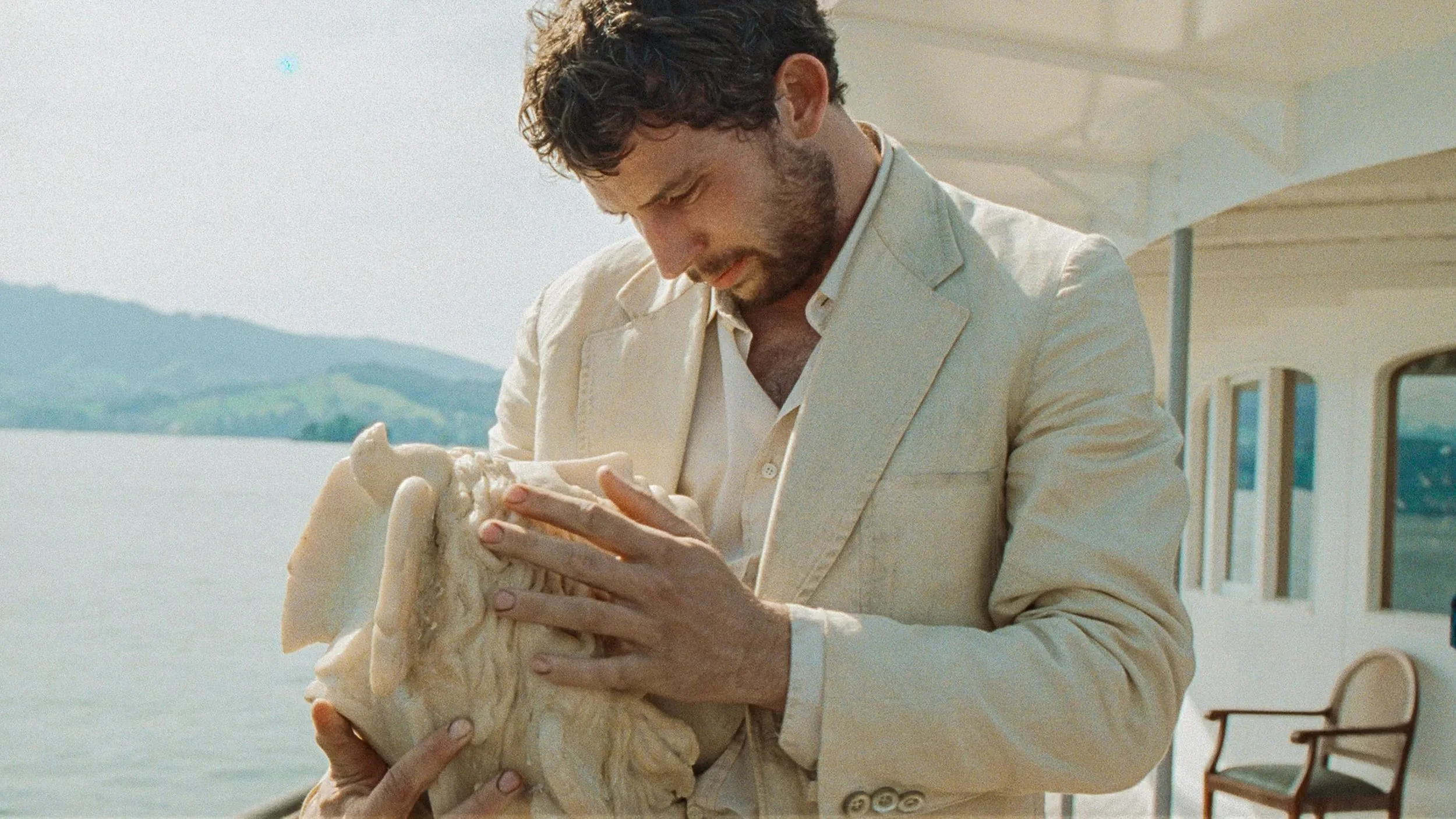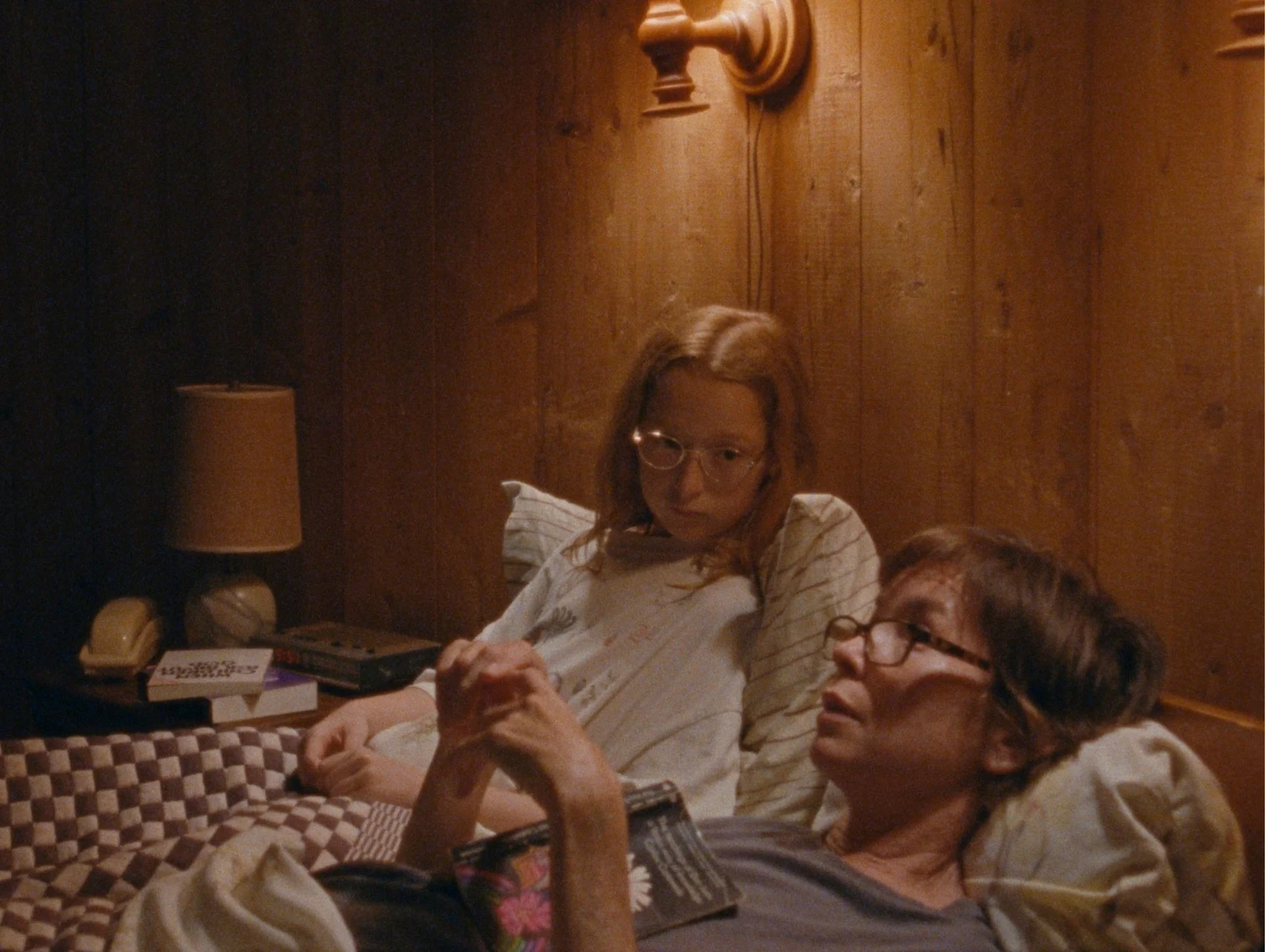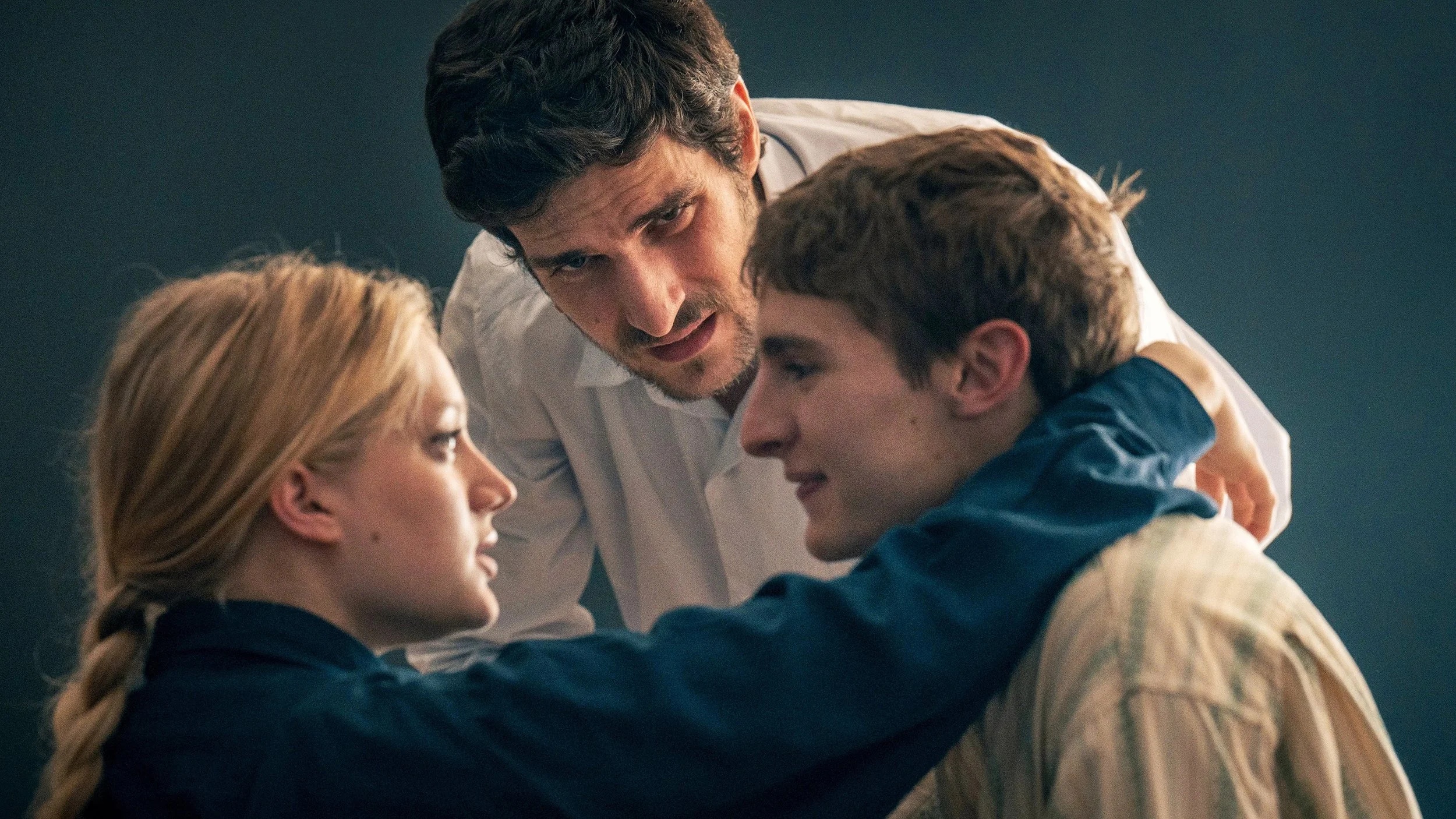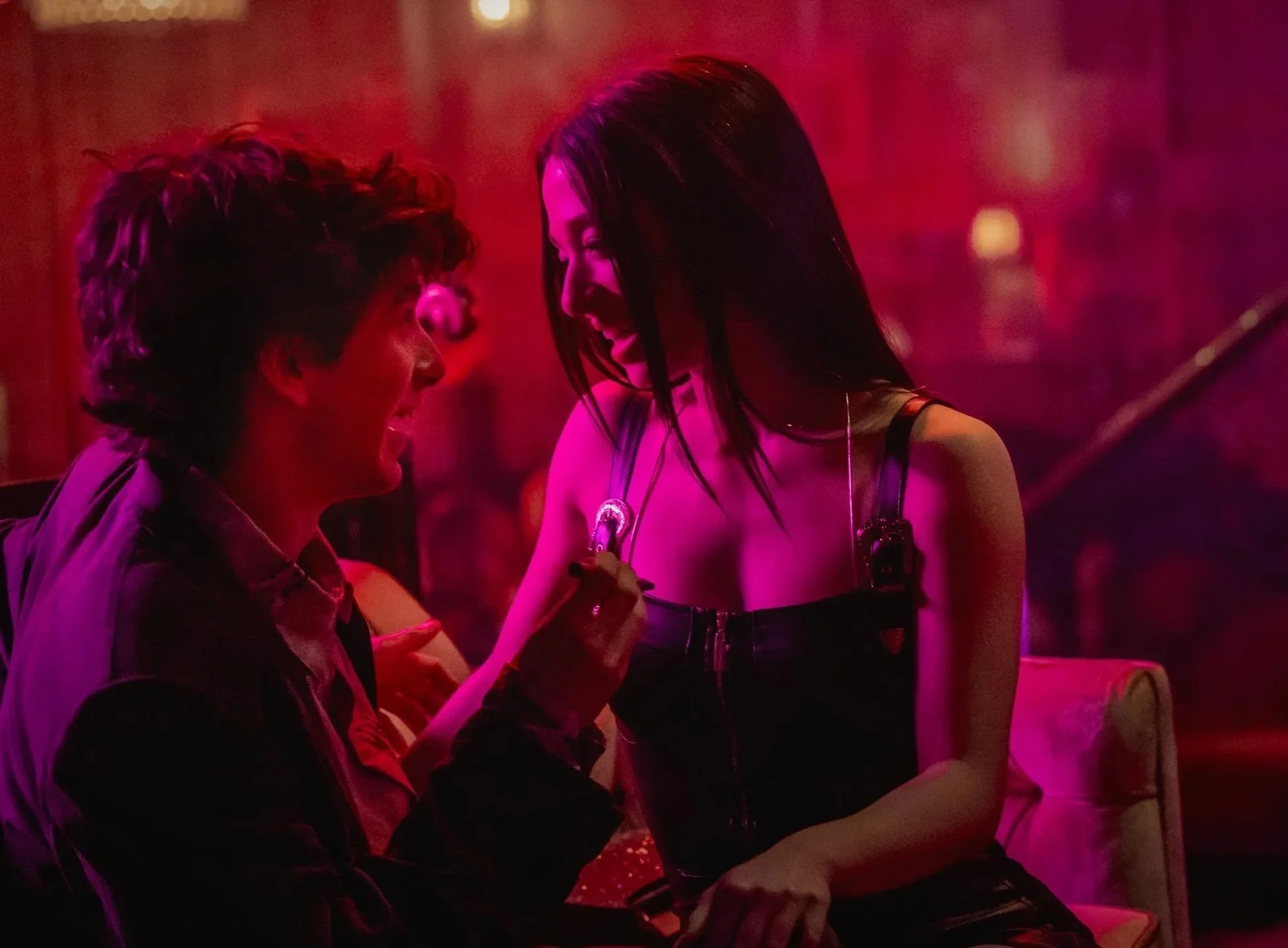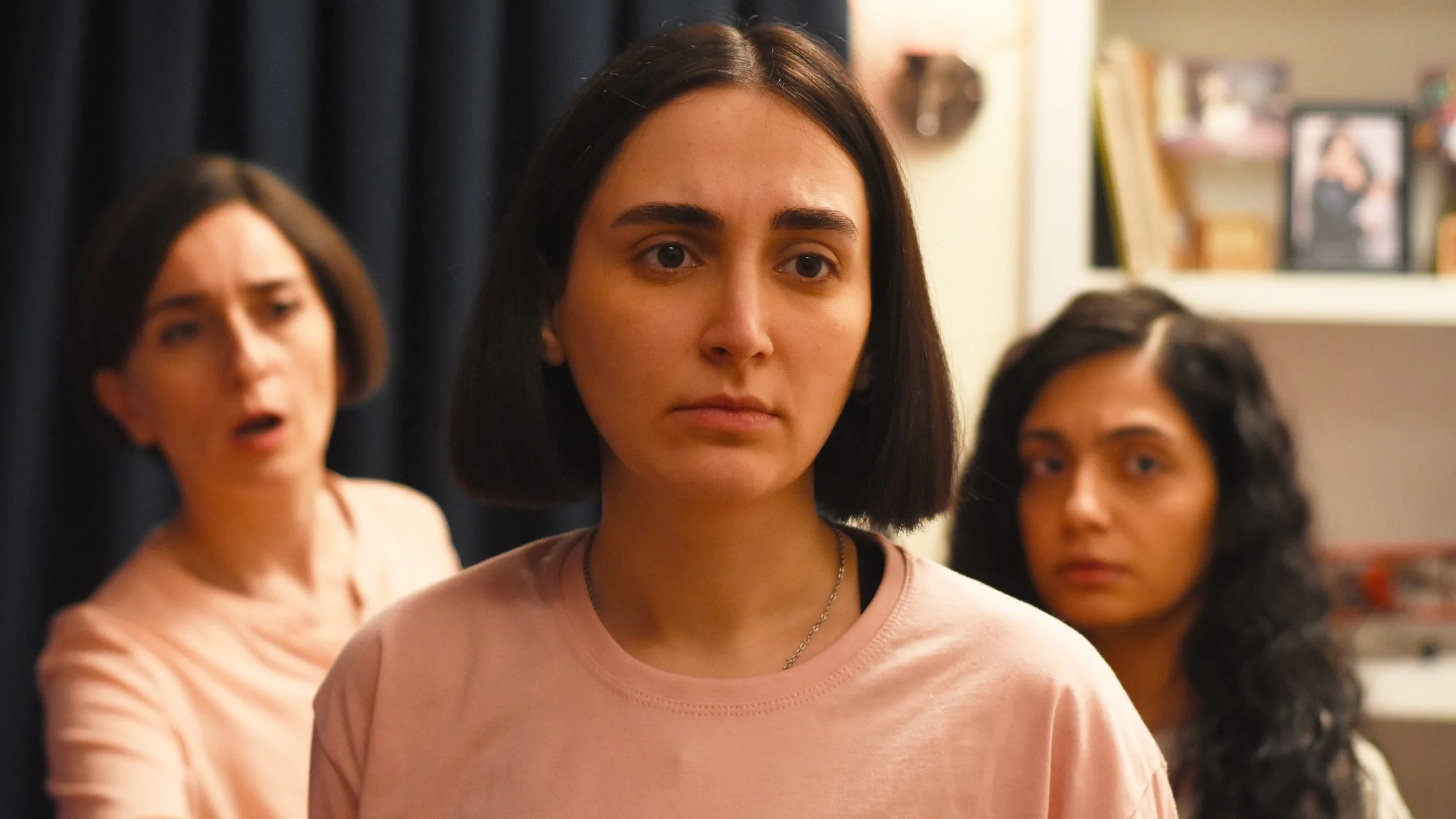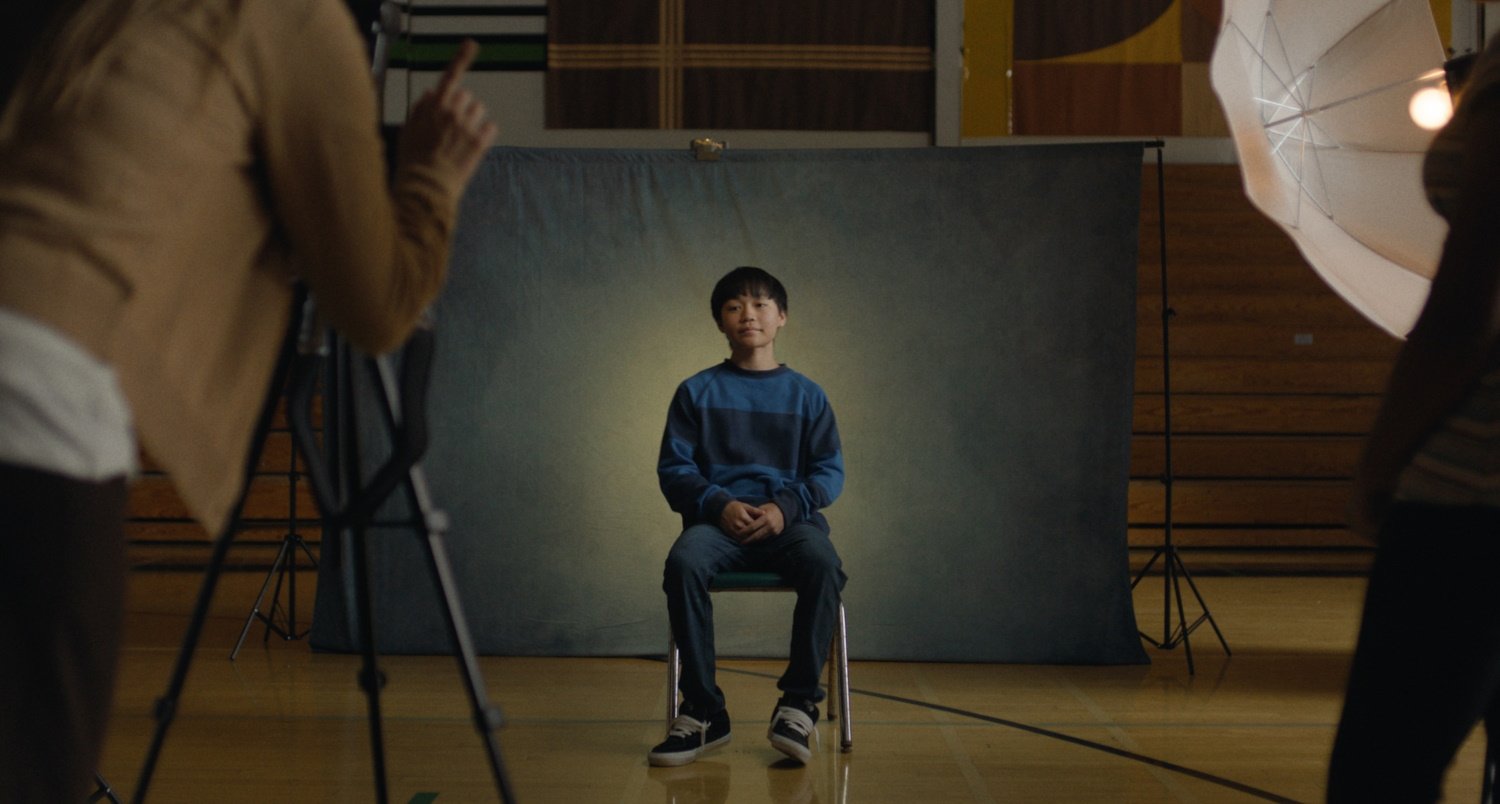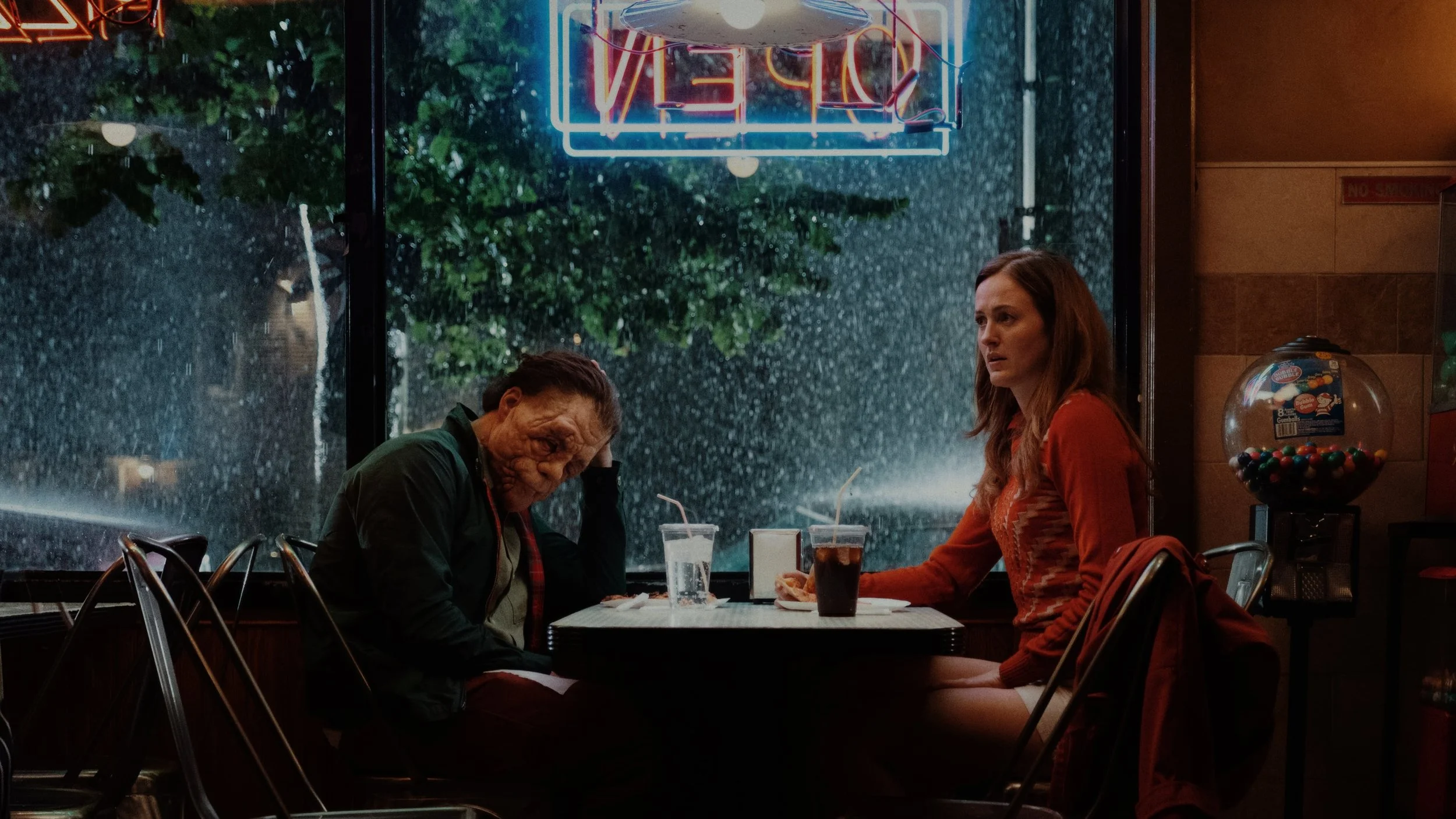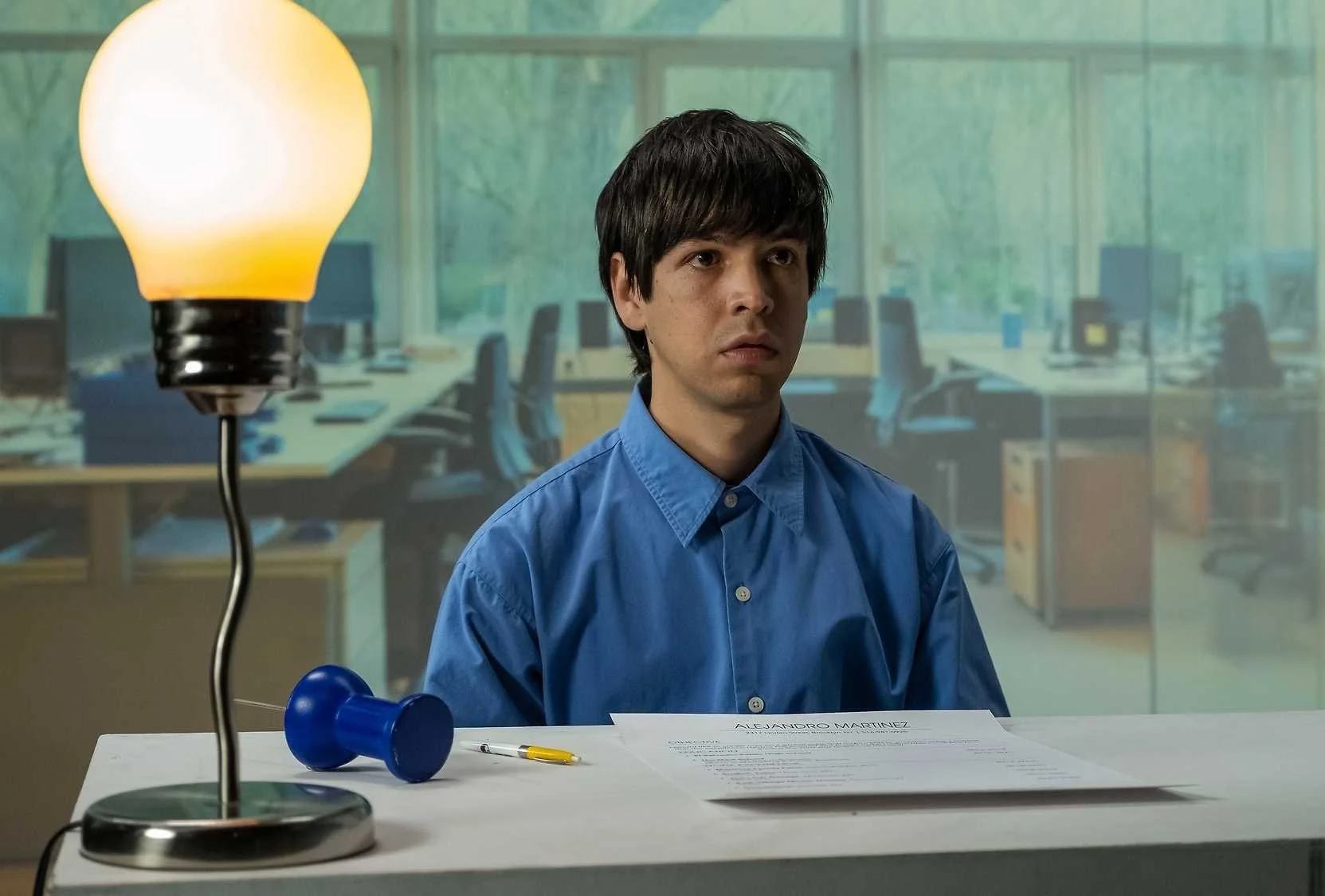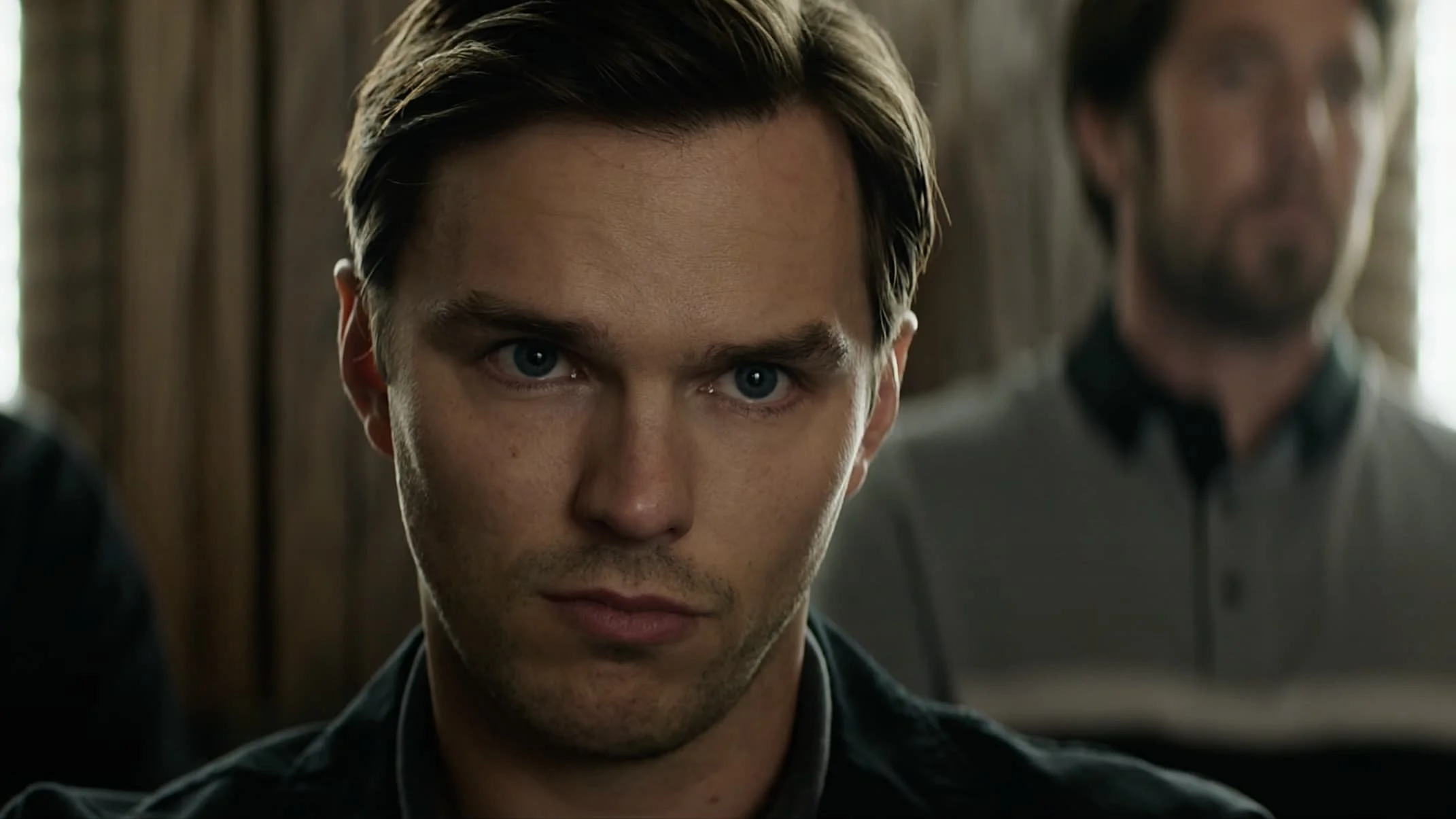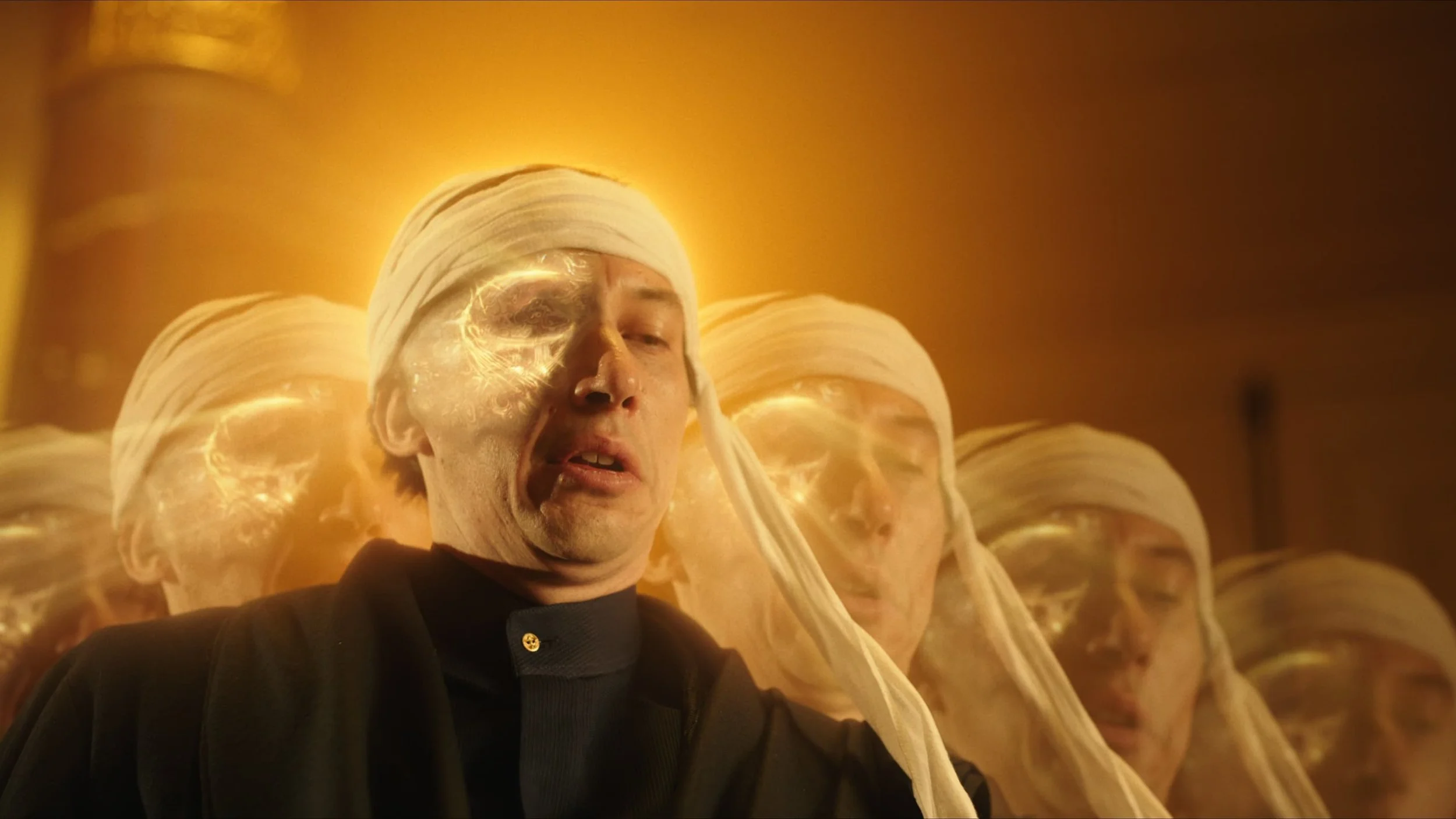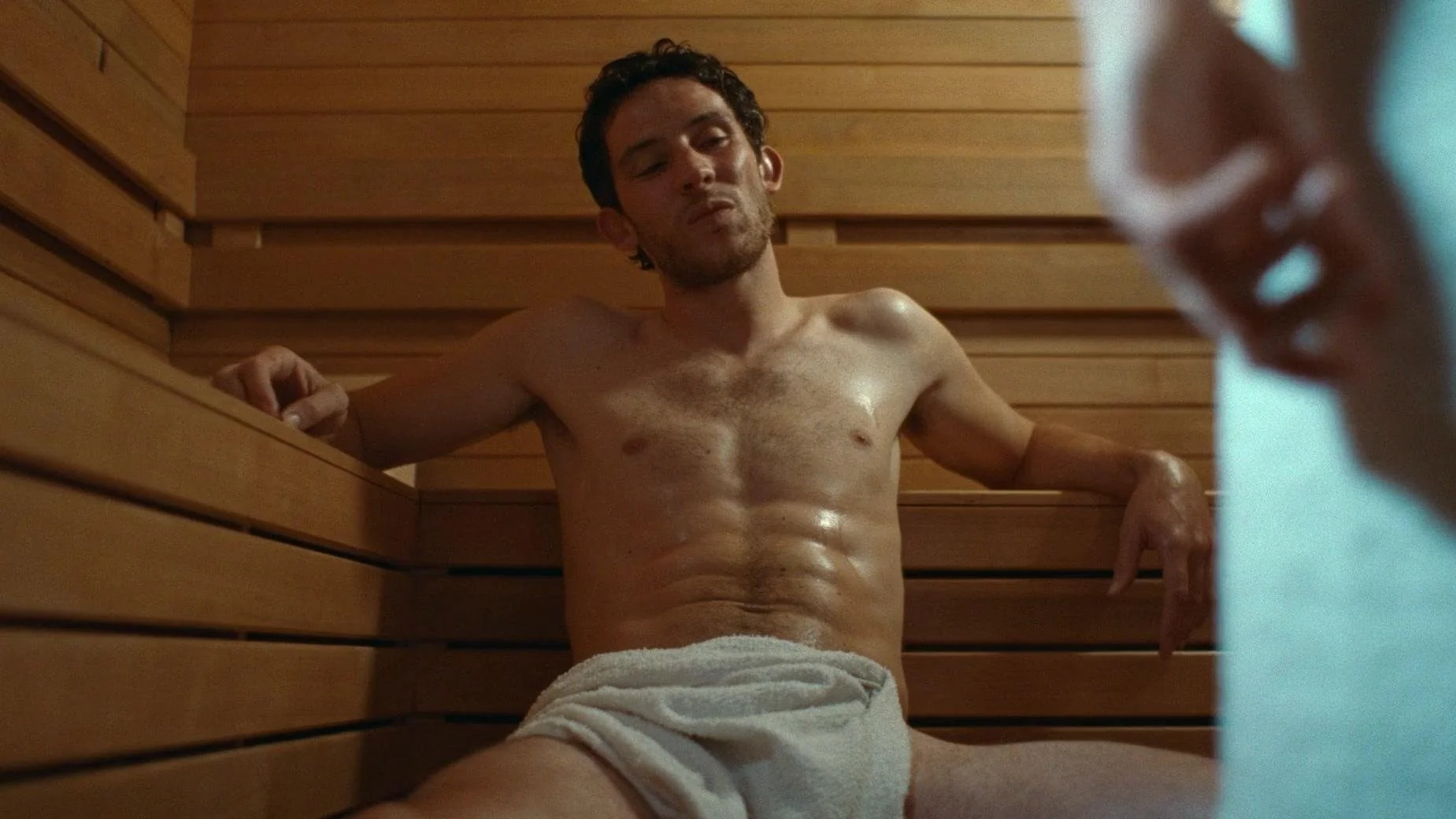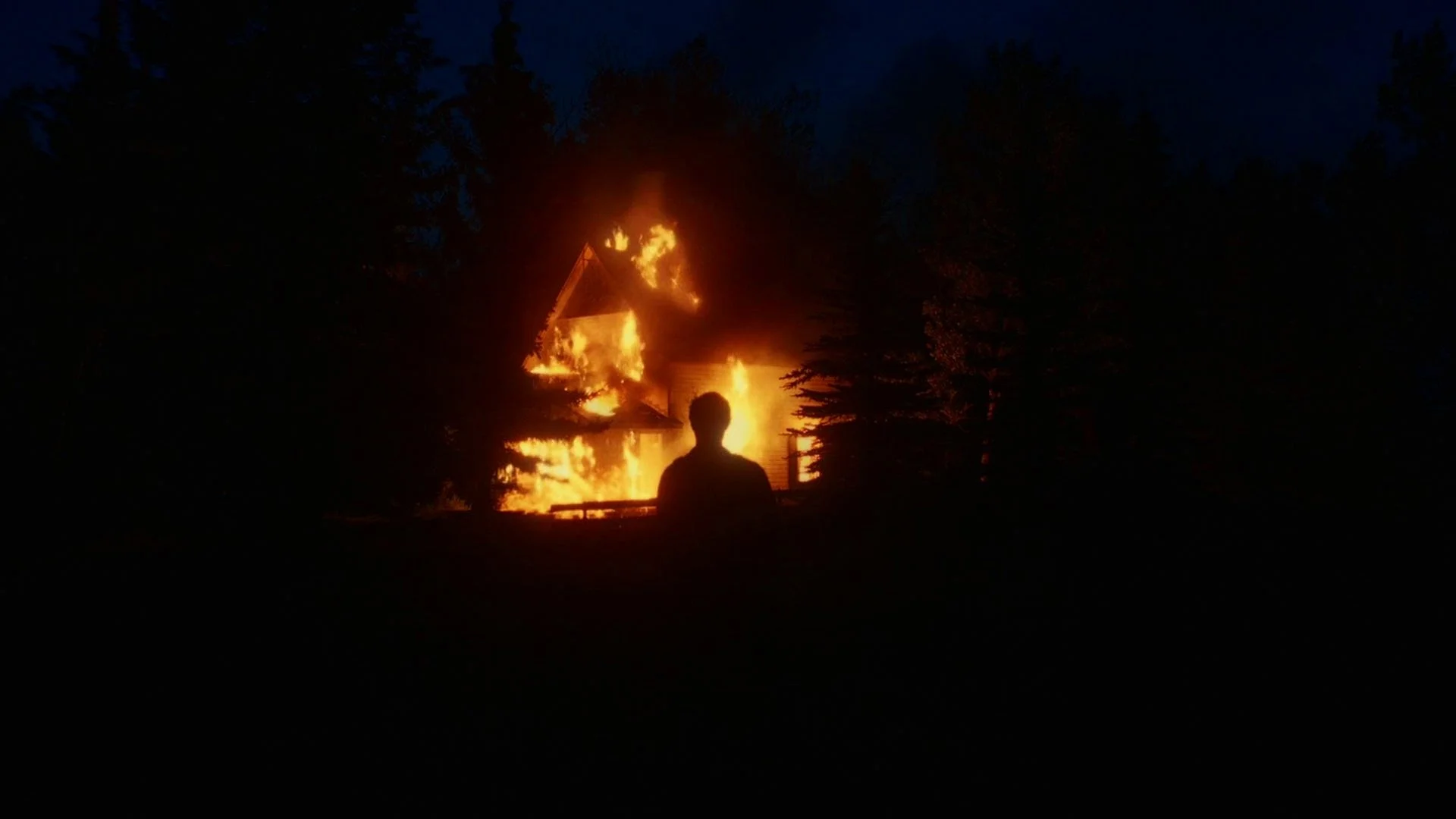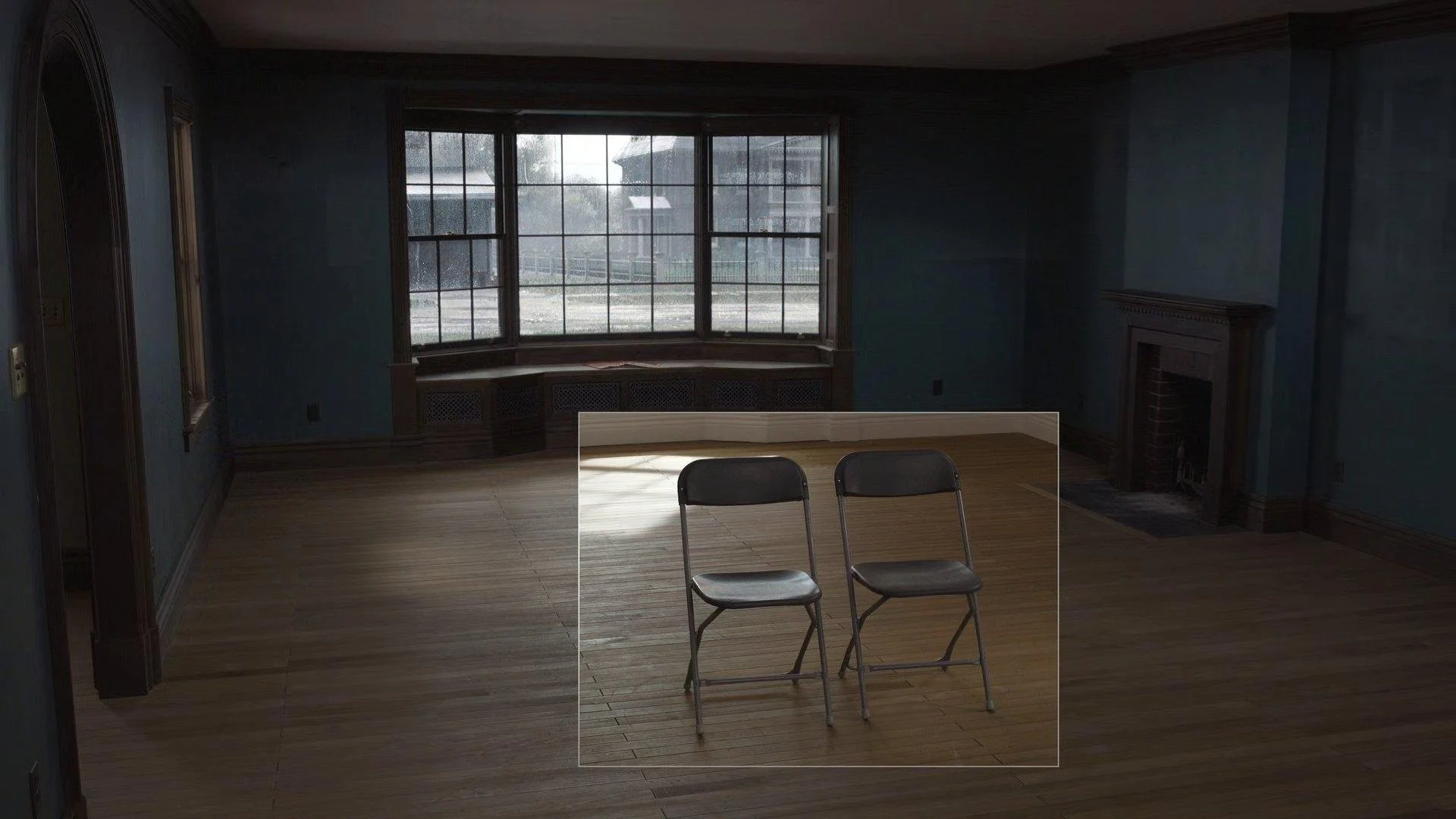Favorite Movies of 2024
Some Notes Regarding 2024
Last January when I was reflecting on the past year in movies, I found myself quite disappointed by the twelve months prior, and for a time, I was concerned the same would be true for this year. Up through this past summer, we were feeling the lasting effects of the 2023 SAG-AFTRA strike and had come off a relatively boring awards season with Oppenheimer pretty much making a clean sweep of things. Even though the awards race this year is technically more interesting (or unsettled, rather), the movies that are being prized are kind of baffling to me and don’t quite reflect the personal experience I had at the theater this year.
Looking over my end-of-year list for 2024, though, I’m actually amazed at how much was released this year that I would consider for a “best of the decade” list (and I do keep a running list if you’re interested in checking that out). There are quite a few festival films from 2024 that haven’t yet received a US release, so I’ll consider those for my 2025 list, but there’s a lot of great stuff that premiered this year which I’m excited to write about.
Before I get to that, though, I do just want to note a few things that I’ve noticed in revising this final list of mine. It’s not surprising to me I guess, but only two films from my top ten for this year are American films. I’ve heard a lot of people saying that this was a bad year for movies, and if they’re specifically talking about American movies, then I would agree. But overall, I think people just aren’t watching enough international cinema. There were so many incredible films released this year that people have either pushed aside or ignored entirely because they’re not in English. And while I have some bigger movies like Dune Part Two or Trap further down my list, Hollywood is going through a very rough period, and I’m not sure we’re likely to come out of it anytime soon. The Academy becoming more of an international body is exciting to see, and a necessary step, but I think if the Osacars want to remain relevant to contemporary audiences, they’re going to have to find some way to revise the “International Feature” category and allow more films to be submitted.
Another thing I want to recognize about this year is the level of formal experimentation that has been taking place. From Zemeckis’ Here, which is a wild adaptation of Richard McGuire’s wild bold graphic novel, to Harmony Korine’s AGGRO DR1FT, which is shot entirely through a thermal lens, American cinema is not done trying to push the medium forward. Other films are so exciting to watch, as well, like Lois Patiño’s Samsara which asks you as a viewer to close your eyes for nearly a third of the film, or even Paul Schrader’s Oh, Canada which is about the fault of memory, and he manages to weave this into the technical and staging choices made throughout the film. Or even something as (seemingly) simple as Ali Abbasi’s The Apprentice which uses variations in film stock to match the time period of the story. Or perhaps most notably, Francis Ford Coppola’s Megalopolis which just feels like a fever dream from start to finish. I don’t want to call any of these things gimmicks or pass them off as tricks, but they’re bold creative choices that I can’t help but appreciate and want to call attention to. But anyway, I’ll write a little bit about each of the films from my top-ten for this year.
At the top of my list is Luca Guadagnino’s second film from this year, his brilliant adaptation of the William S. Burroughs novel, Queer. I was a little tepid going into this because my expectations for it were so high—Luca has been on such a run, though—but Daniel Craig is perfectly cast as William Lee, with Drew Starkey playing Eugene Allerton, the singular, beautiful object of his affection. This novel was very personal to me in that I’ve had similar experiences to William Lee—not in Mexico City, and not with cocaine or ayahuasca—but in Massachusetts with a guy I’d gotten together with several years ago. Guadagnino understands the longing and desire that Burroughs felt such shame for, and that shame has made its way onto the screen in a manner I never thought possible. I cried!
Queer is so up front about the fact that it was shot on a soundstage—the majority of it filmed at Cinecittà Studios in Rome—and the model cities and structures they created for sequences throughout the film are just stunning to look at. The movie was shot by (the greatest living cinematographer) Sayombhu Mukdeeprom, who also shot Guadagnino’s Challengers this year, as well as M. Night Shyamalan’s Trap. The lighting is gorgeous, the production design feels so authentic and lived in, and the Reznor and Ross score is one of my favorites that they’ve done. I’m just so impressed with the way this movie handles loss and the feeling of being haunted by the people we’ve loved… just go watch it (or come over and we can watch it together).
Up next on my list is Bertrand Mandico’s She Is Conann. Mandico is, I think, one of the most exciting filmmakers alive right now and nobody is paying any attention to his work (at least in the United States). Elina Löwensohn delivers another all-timer performance, which I’ve come to expect from her, but she’s been my best actress winner since I first saw this last February. This movie recounts the six lives of Conann who repeatedly dies and is transported across space and time. When I first started dating Braden, I took him for our third or fourth date to see Mandico’s After Blue (2021). I warned him that it’s French, and it's surrealist, and about halfway through the movie I looked over at him. When I saw his face, I thought to myself, oh, I’ve really fucked this up. He actually ended up loving the movie and now we have a standing date at the cinema every time a new Mandico movie plays in Portland (specifically at SPACE because they’re the only one’s brave enough to program something like this!). But yeah, Conann is not for the faint of heart, though I think it’s a stunning work of movie magic.
Up next on the list is Alice Rohrwacher’s La Chimera which I found to be so overwhelming the first time I saw it. I was in a practically empty theater in the basement of the Portland Museum of Art, and when I walked outside, I was in a complete daze. Josh O’Connor has had one hell of a year at the movies, between this, Challengers, and a very good (but overlooked) performance in Ellen Kuras’ Lee. La Chimera is another movie that feels like a magic trick. Rohrwacher pulls a lot from mythology and folk tales in her movies, but this one is about an English archaeologist who leads a band of graverobbers who survive through looting Etruscan tombs. I don’t want to say much more than that, but there is a sequence in here towards the end (in which they open one of these tombs) that made me audibly gasp in the theater. This movie is an absolute delight, and I cannot recommend it highly enough.
Following that is another film which I’ve revisited several times this year, Payal Kapadia’s All We Imagine as Light. Kapadia’s only other feature-length release prior to this was A Night of Knowing Nothing (2021), a documentary about the violent government response to university protests, told through a series of love letters (very resonant this year given the US government’s response to the student protests for Palestine). Kapadia carries over the documentary sensibility into this narrative feature and her cinematographer (and husband), Ranabir Das, shoots Mumbai in a way that makes it radiate off the screen. It’s a film about gentrification and the ways in which culture can keep us from the people we love the most. Like a few other movies that were released this year (which I will get to in a moment), this film is bifurcated with the first half set in the city, and the second half set in a rural village near the coast. It ends up turning into something of a ghost story. I think it’s just incredible and I cannot wait to see how Kapadia follows this up.
Up next is the first American film on my list, playwright Annie Baker’s Janet Planet, a movie so quiet it was almost difficult to watch in a theater. I couldn’t help leaning forward in my seat, afraid that I was going to miss some crucial bit of detail. The film is set in Western Massachusetts and tells the story of a mother and daughter over the course of a single summer. Throughout the film, they have three visitors, each of whom changes the dynamics of this fragile relationship and alters Janet and Lacy’s understanding of one another. I read a couple of Baker’s plays after I saw this for the first time, and the silences are something that Baker works into the actual text of the play. They’re relatively short reads, but it’s easy to see how the plays can become quite long. I’ve yet to see any of Baker’s plays performed on stage, though I can’t help but wonder if film is perhaps the better medium for her sensibilities. There is a sequence towards the end of Janet Planet which features the disappearance of a character, and this is something that could only be done through film editing. It’s so gentle and quiet the way she does it—almost like watching a Weerasethakul film—but it hits so fucking hard when it happens.
Following Baker’s quiet film is another that feels so delicate, I almost don’t know how to describe it. Lisandro Alonso’s Eureka is broken into three parts. The first section is a western in which a cowboy (Viggo Mortensen) arrives to a village in search of his daughter. The second is about a native policewoman and her niece as they live their lives on the Pine Ridge Reservation during a cold South Dakota winter. And finally, the third takes place in both Mexico and the Amazon Rainforest. I won’t say anything about how these three stories are connected, but Alonso paints a stunning portrait of the indigenous peoples of the Americas and how they have inhabited their specific environments across the centuries. I think I’m a little more excited about this film than some of my friends have been, but I do recommend checking it out (and don’t be afraid of the long runtime, it’s worth it)!
Next up on my list is Bertrand Bonello’s, The Beast, an adaptation of Henry James’ novella, The Beast in the Jungle. This is, I think, a masterpiece of adaptation. Bonello breaks the story up into thirds, the first section set in France in 1910, the second section set in Los Angeles in 2014, and the third in an unnamed city in 2044 after the world has been taken over by AI. The movie centers on the different lives of these same characters (souls?) throughout time (much like in She is Conann and Eureka). Bonello weaves these threads together in a way that turns this almost into a horror movie, and we’re guided through each section by the wonderful Léa Seydoux and George MacKay. It sounds more complicated than it actually is, but from the production design (with a most factory beautiful fire) to the QR code in place of end credits, Bonello pushes the medium forward with this film and proves himself (again) to be one of the most exciting directors working today.
At number eight on my list is a French film that’s technically from 2022 (at least, that’s when it premiered at Cannes), but it wasn’t formally released until this year—and even then, not in the United States. Set in the late 1980s, the film follows a group of young actors who enter into Les Amandiers, the prestigious acting school founded by Patrice Chéreau and Pierre Romans. This is a fun sort of chamber drama with some really terrific performances by Louis Garrel, Nadia Tereszkiewicz, Micha Lescot, Vassili Schneider, and Sofiane Bennacer. I’m not sure why it’s been almost entirely overlooked, but I thought it was brilliant.
Towards the end of my top-10 is Ryūsuke Hamaguchi’s Evil Does Not Exist, perhaps my favorite of his films that I’ve seen so far (I’m committed to watching all 5+ hours of Happy Hour (2015) in 2025). Maybe it’s the brevity of this story that I admire, or maybe it’s the fact that it was inspired by a score (how many times has that happened?). Either way, I think this movie is incredibly profound, even if you might not expect it from a movie about “glamping.” The last forty minutes of this took my breath away as Hamaguchi deftly pulls off a sharp tonal shift. It’s a movie I haven’t stopped thinking about since I first saw it back in May.
And finally, at number ten for me this year is Brady Corbet’s, The Brutalist, a magnificent, thorny, challenging work of ‘capital-C’ Cinema. I don’t know if I have much to say about it that hasn’t already been extensively covered elsewhere, but this is a film I’ve been anticipating for several years now. Having seen it, it’s easy to understand why the production took so long, but truly, this is the direction in which I would like to see the American cinema move—as far away from the tentpole, superhero shit as possible. This is a work of art, and I certainly need to see it a second time before I can grapple with what it’s trying to say (especially that ending). I’m mostly just in awe of what Corbet was able to accomplish with this (and only a 10-million-dollar budget). Also, it will be an absolute travesty if anybody besides Guy Pearce wins the best supporting actor Oscar this year. It’s his time.
Looking over the rest of my list, I can honestly say that I loved (or at least deeply appreciated) all of the movies in my top-50 for 2024. There are too many to write about individually, but I do want to note some highlights:
Carol Kane’s brilliant performance in Between the Temples, as well as Sean Price Williams’ very singular cinematography.
George MacKay’s performances in The Beast, The End, and Femme this year—truly a magnificent run of films, and I don’t think he’s getting the kind of credit/attention he very much deserves.
Bill Skarsgård permanently damaging his vocal cords to play Count Orlock in Nosferatu—that’s dedication. He also looked cute as hell in both The Crow and Boy Kills World this year, but those are some of the worst movies I’ve ever seen. He was good, though.
Another shoutout to Sayombhu Mukdeeprom because he can never get enough praise IMO.
A little recognition for Karim Aïnouz who released both Firebrand and Motel Destino this year, both movies that I really loved and which I’m afraid are ranked lower than I would like on this list. I watched his Futuro Beach (2014) twice in a row (in one night) and it kind of changed my life. I’m very excited for his new film, Rosebush Pruning which should premiere at a festival later this year (and will probably come out in the US in 2026).
Maybe I’ll get in trouble for this—and mock me if you must—but I’ve honestly preferred listening to Timothée Chalamet sing Bob Dylan’s songs over the original versions. Timmy is just a really good singer!
One final shoutout for Juliette Binoche in The Taste of Things, a performance that is just so subtle I don’t think people realize how incredible she is. I know she’s like one of *THE* French actresses, but it still feels like she’s undervalued.
Anyway, here’s to 2025 and what will hopefully be another wonderful year at the movies! If you actually read through all of this (thank you) and want to talk about any of these films, pleaseeee don’t hesitate to reach out. You know where to find me.
Best Actor
-

Théo Cholbi
Pablo in Eat the Night
-

🥇 Daniel Craig
William Lee in Queer
-

Harris Dickinson
Samuel in Babygirl
-
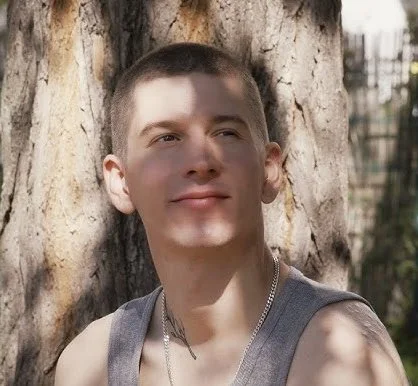
Lorenz Hochhuth
Moritz in Drifter
-

George MacKay
Son in The End
-

Ruaridh Mollica
Max/Sebastian in Sebastian
-

🥈 Josh O’Connor
Arthur in La Chimera
-
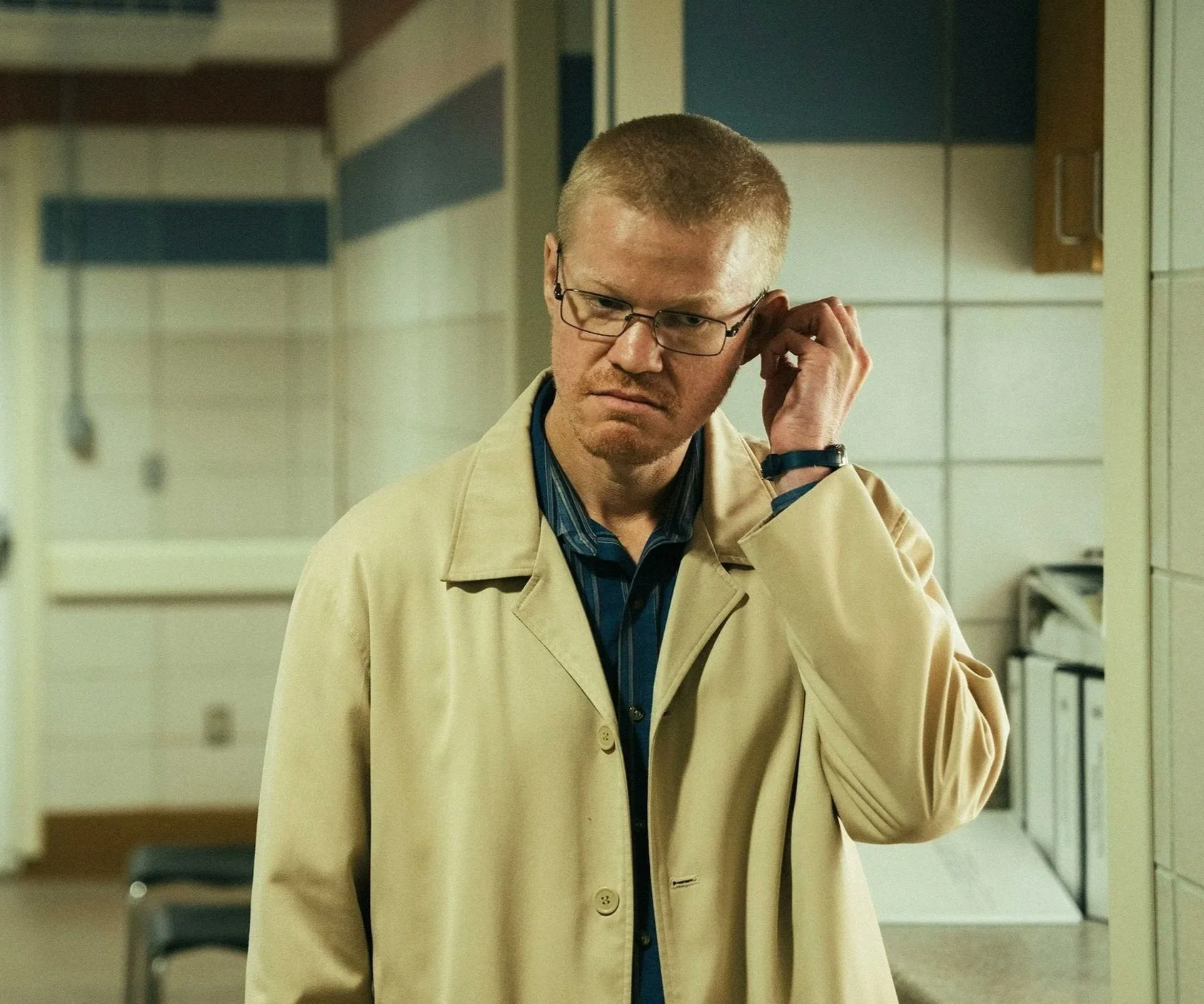
Jesse Plemons
Robert / Daniel / Andrew in Kinds of Kindness
-

🥉 Charlie Plummer
Dylan in National Anthem
-

Sebastian Stan
Edward in A Different Man
Best Actress
-
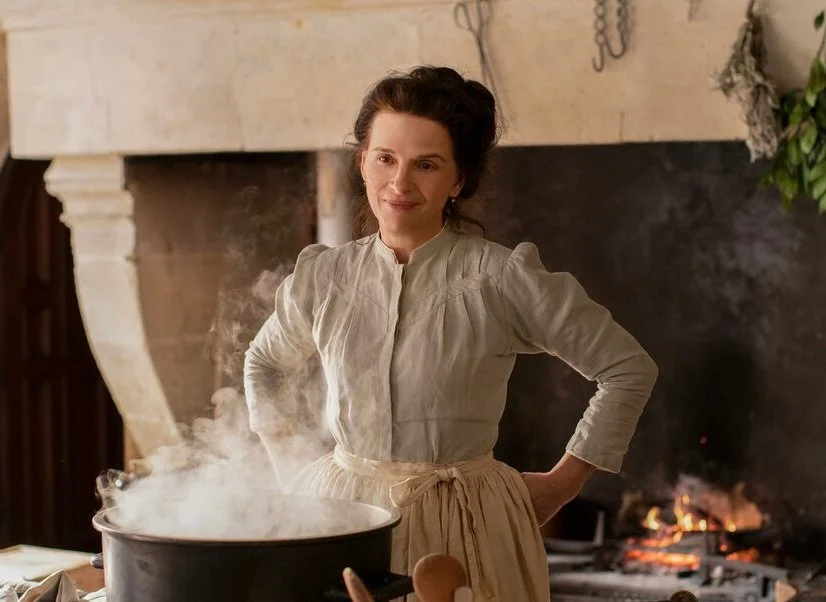
Juliette Binoche
Eugénie in The Taste of Things
-

Carrie Coon
Katie in His Three Daughters
-

🥈 Carol Kane
Carla Kessler in Between the Temples
-

Nicole Kidman
Romy in Babygirl
-
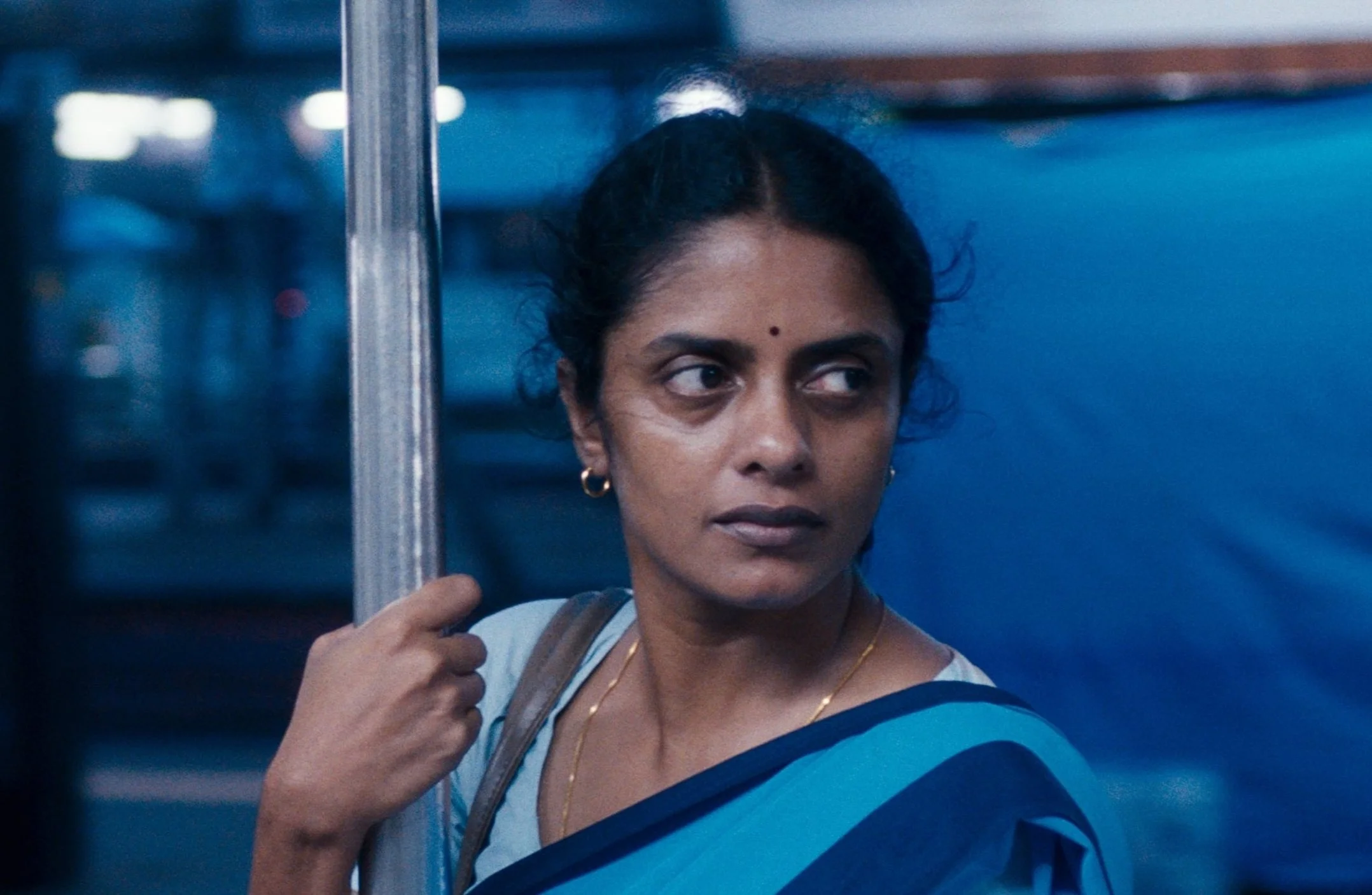
Kani Kusruti
Prabha in All We Imagine As Light
-

🥇 Elina Löwensohn
Rainer in She is Conann
-

🥉 Julianne Nicholson
Janet in Janet Planet
-
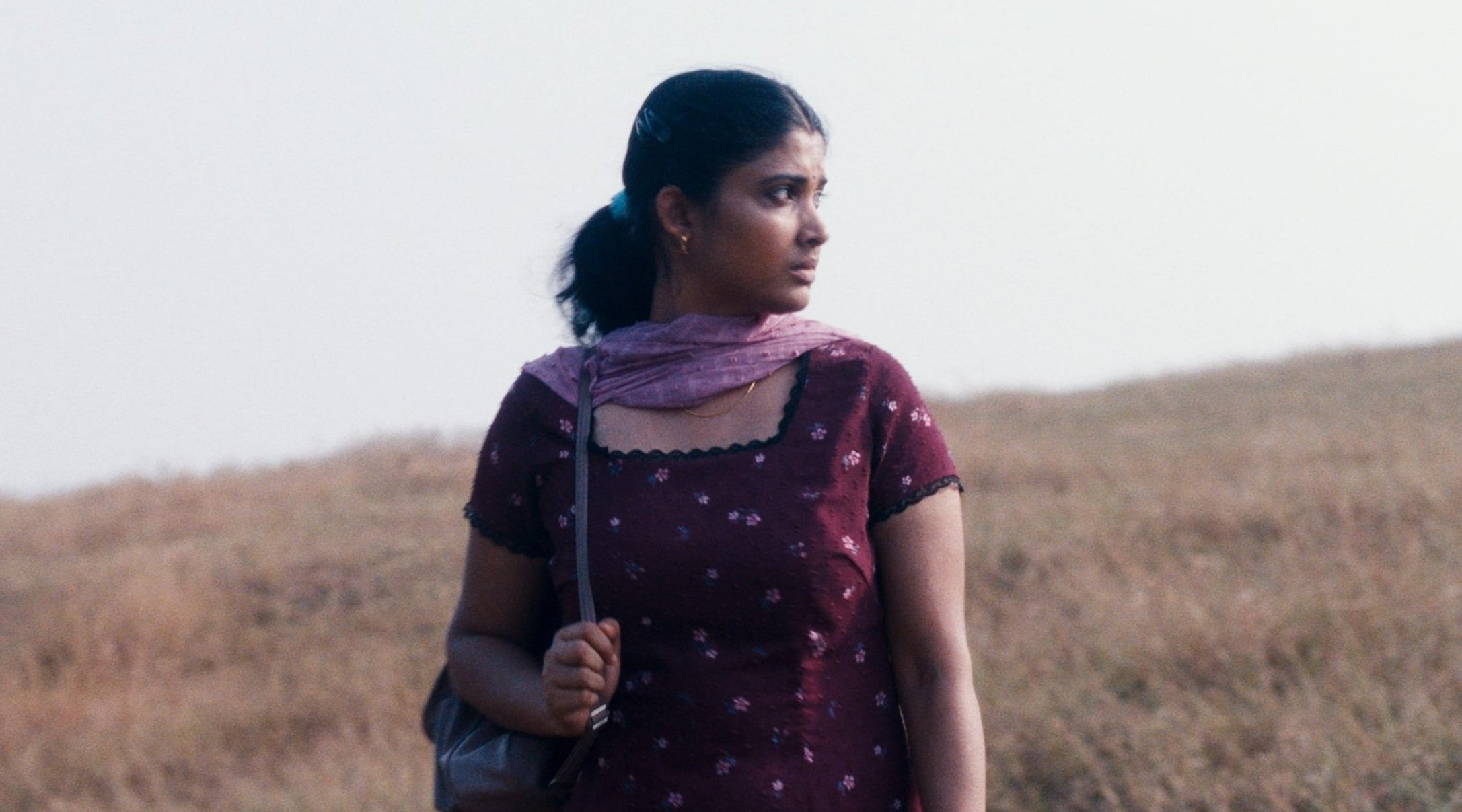
Divya Prabha
Anu in All We Imagine as Light
-

Léa Seydoux
Gabrielle in The Beast
-

Emma Stone
Rita / Liz / Emily in Kinds of Kindness
Best Supporting Actor
-

Micah Bunch
Micah in Gasoline Rainbow
-

Jonathan Hyde
Nicholas D'Avray in Sebastian
-
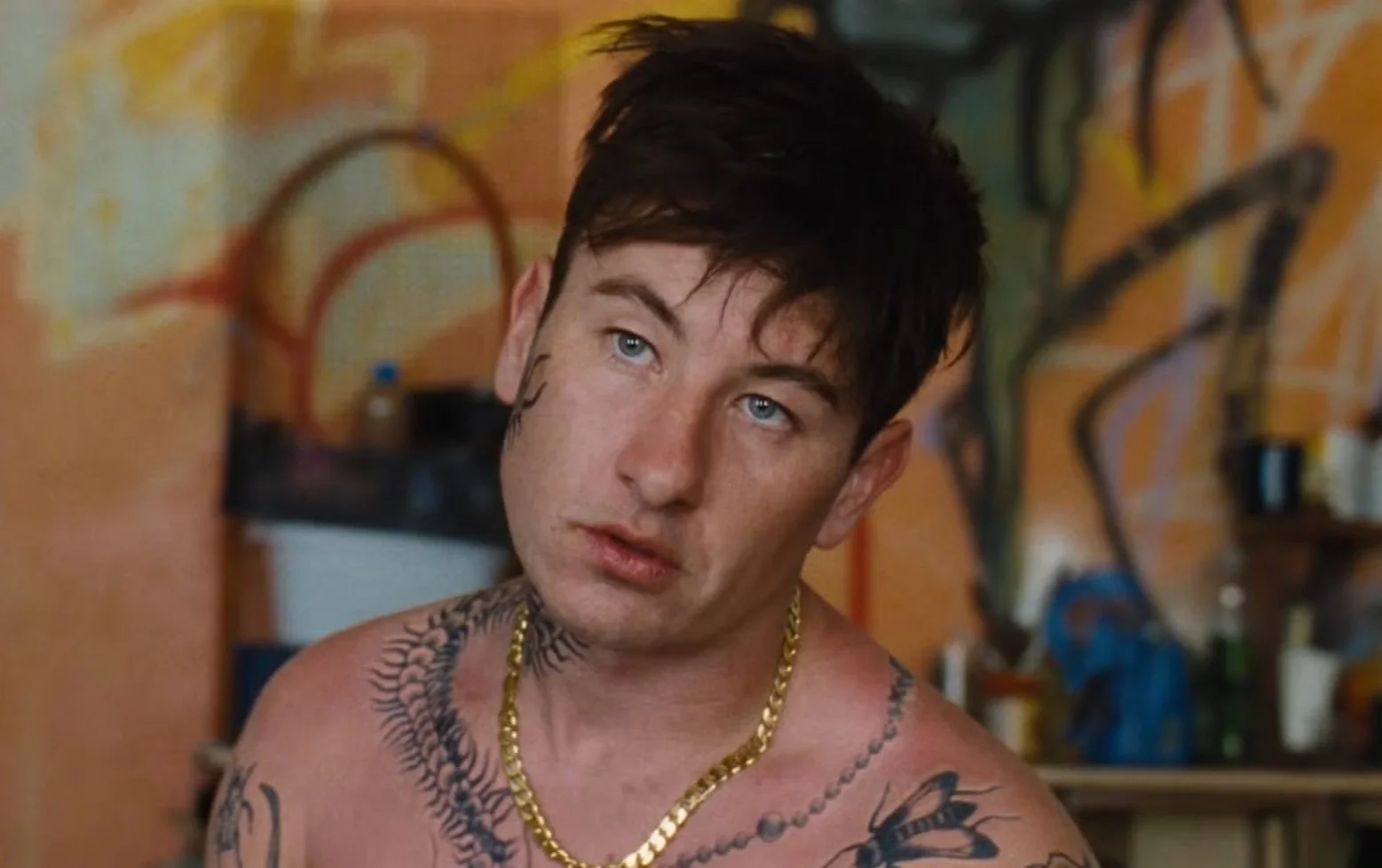
Barry Keoghan
Bug in Bird
-

🥉 Gabriel LaBelle
Moose in Snack Shack
-

George MacKay
Preston in Femme
-

🥈 Guy Pearce
Harrison Lee Van Buren in The Brutalist
-

Sean Penn
Gene Rutkovski in Asphalt City
-

🥇 Jason Schwartzman
Joe Guidry in Queer
-

Jeremy Strong
Roy Cohn in The Apprentice
-

Brandon Wilson
Turner in Nickel Boys
Best Supporting Actress
-

Laurie Babin
Clementine in Red Rooms
-
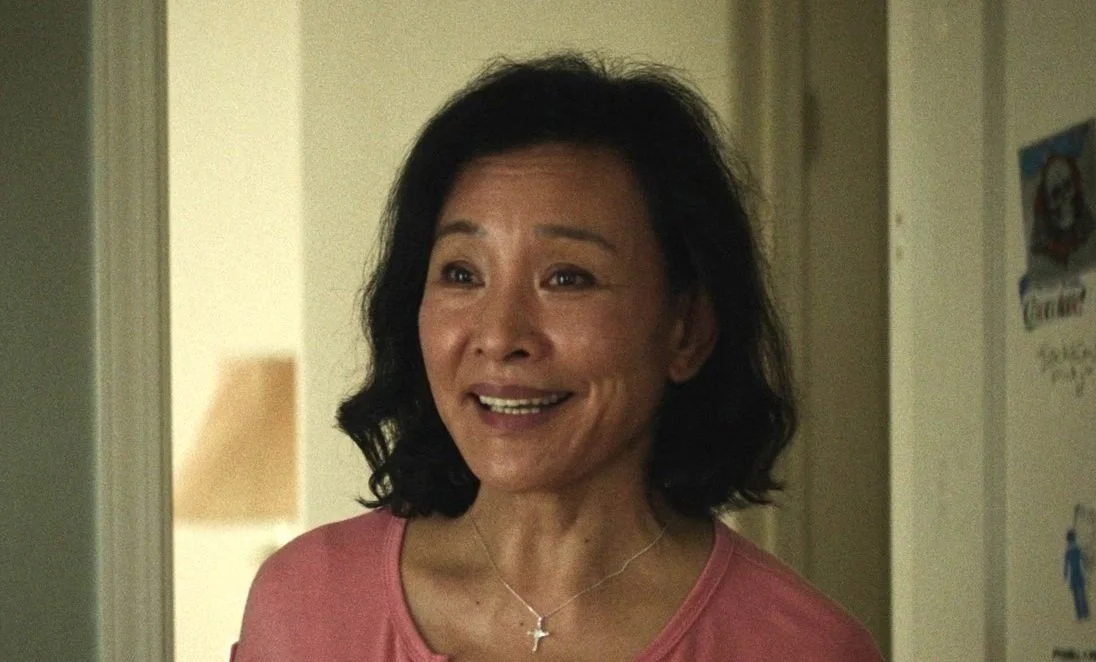
🥇 Joan Chen
Chungsing Wang in Dìdi
-

🥉 Merve Dizdar
Nuray in About Dry Grasses
-
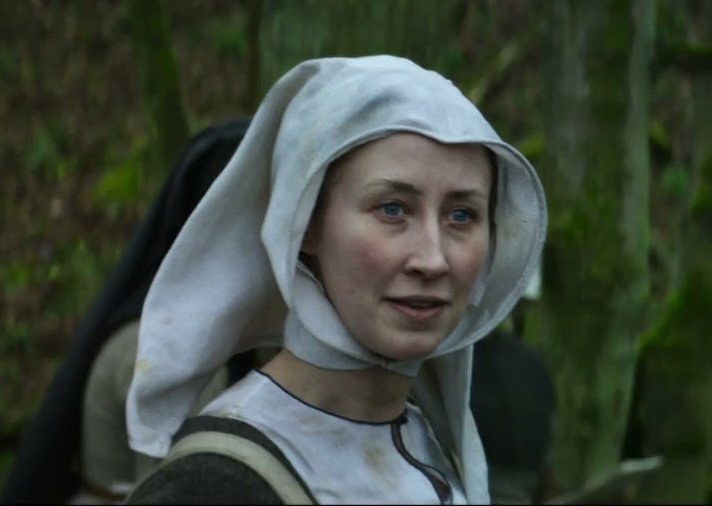
Erin Doherty
Anne Askew in Firebrand
-
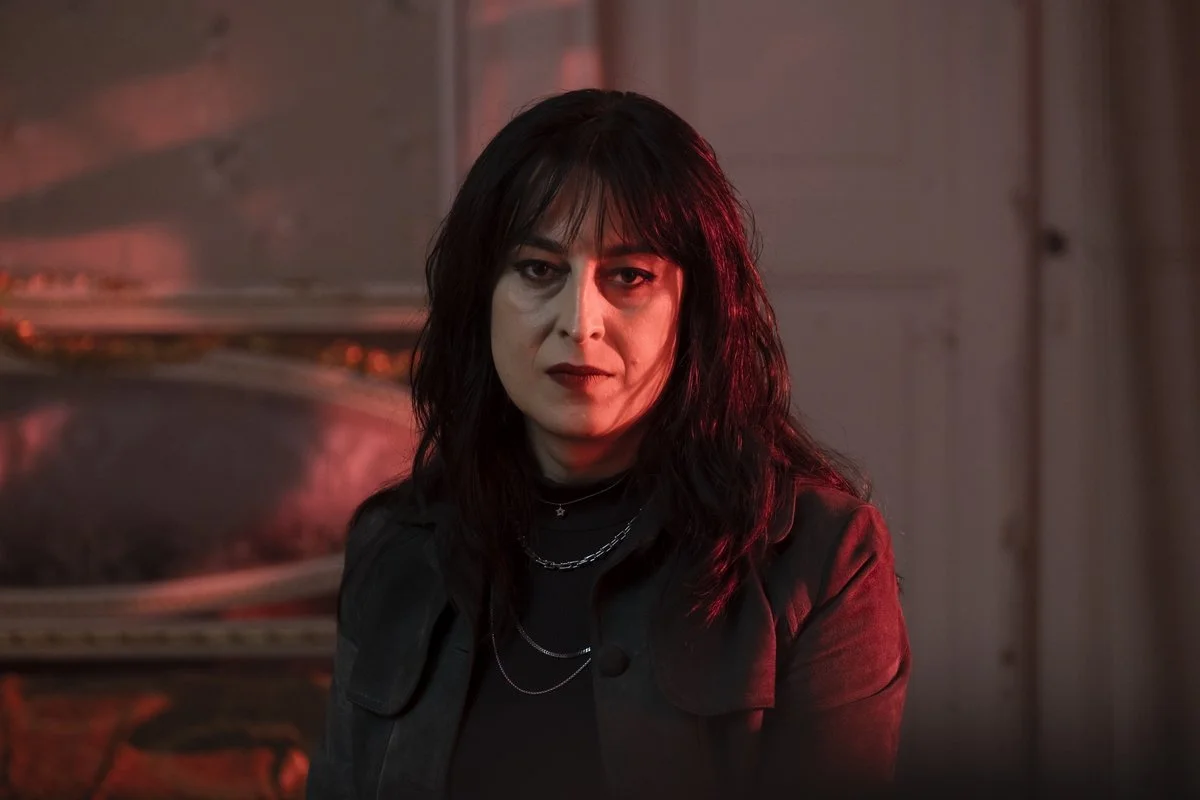
Deniz Dumanli
Evrim in Crossing
-

🥈 Sadie LaPointe
Sadie in Eureka
-

Lesley Manville
Doctor Cotter in Queer
-

Sophie Okonedo
Regina in Janet Planet
-

Renate Reinsve
Ingrid in A Different Man
-
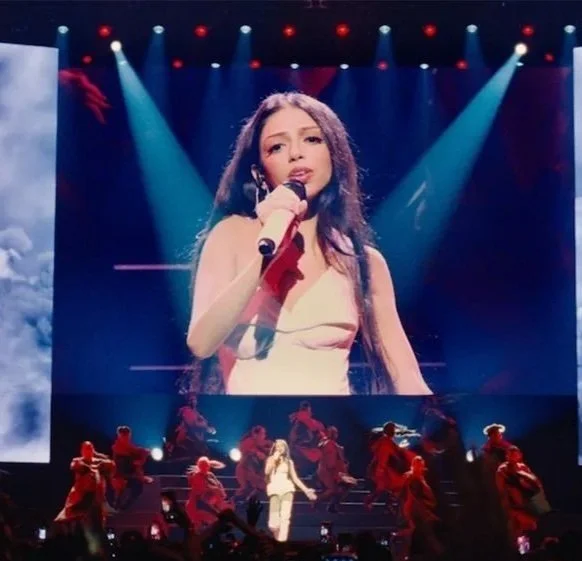
Saleka Shyamalan
Lady Raven in Trap
Cutest Boys
-

Faheem Ali
Ronald in Stress Positions
-
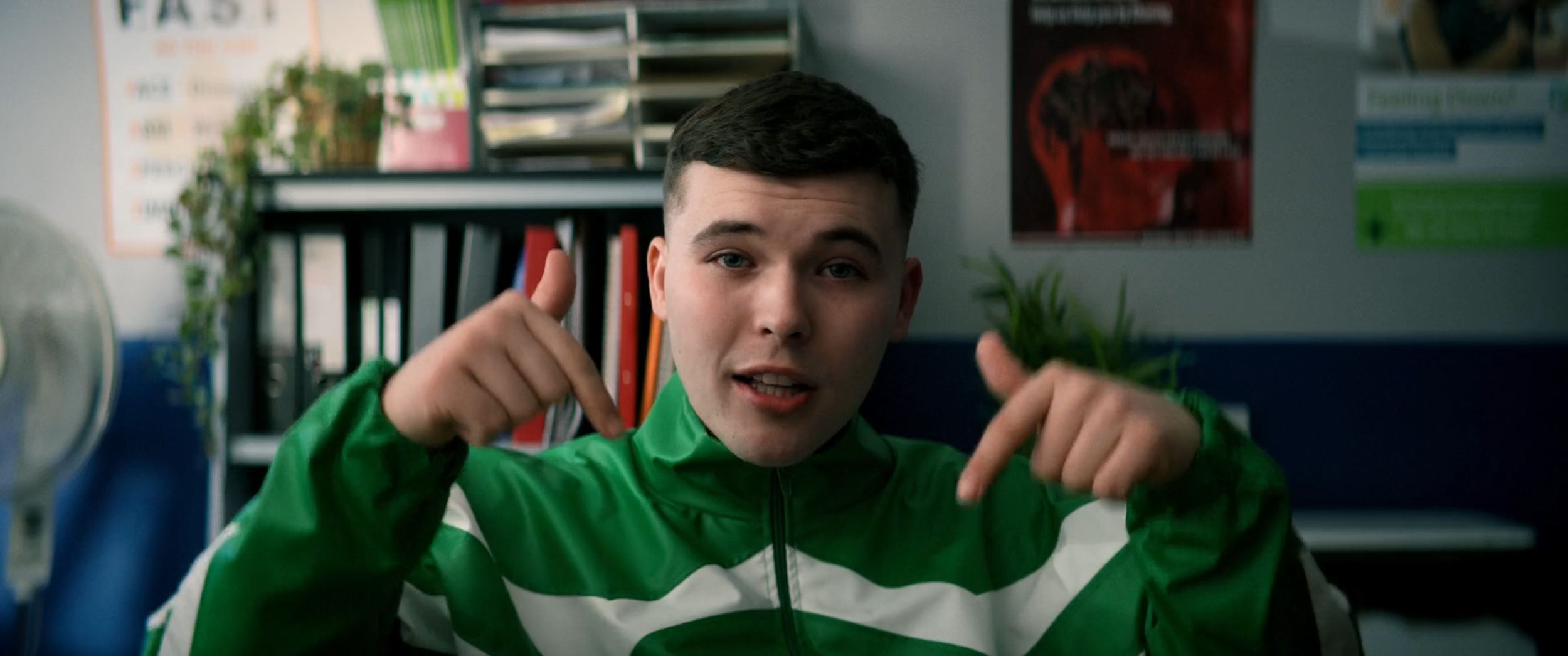
Mo Chara
Mo Chara in Kneecap
-

🥈 Mark Eydelshteyn
Ivan in Anora
-

🥇 Spike Fearn
Bjorn in Alien: Romulus
-

Oliver Finnegan
Daniel in The Watchers
-

Froy Gutierrez
Ryan in The Strangers: Chapter 1
-

🥉 Hridhu Haroon
Shiaz in All We Imagine As Light
-
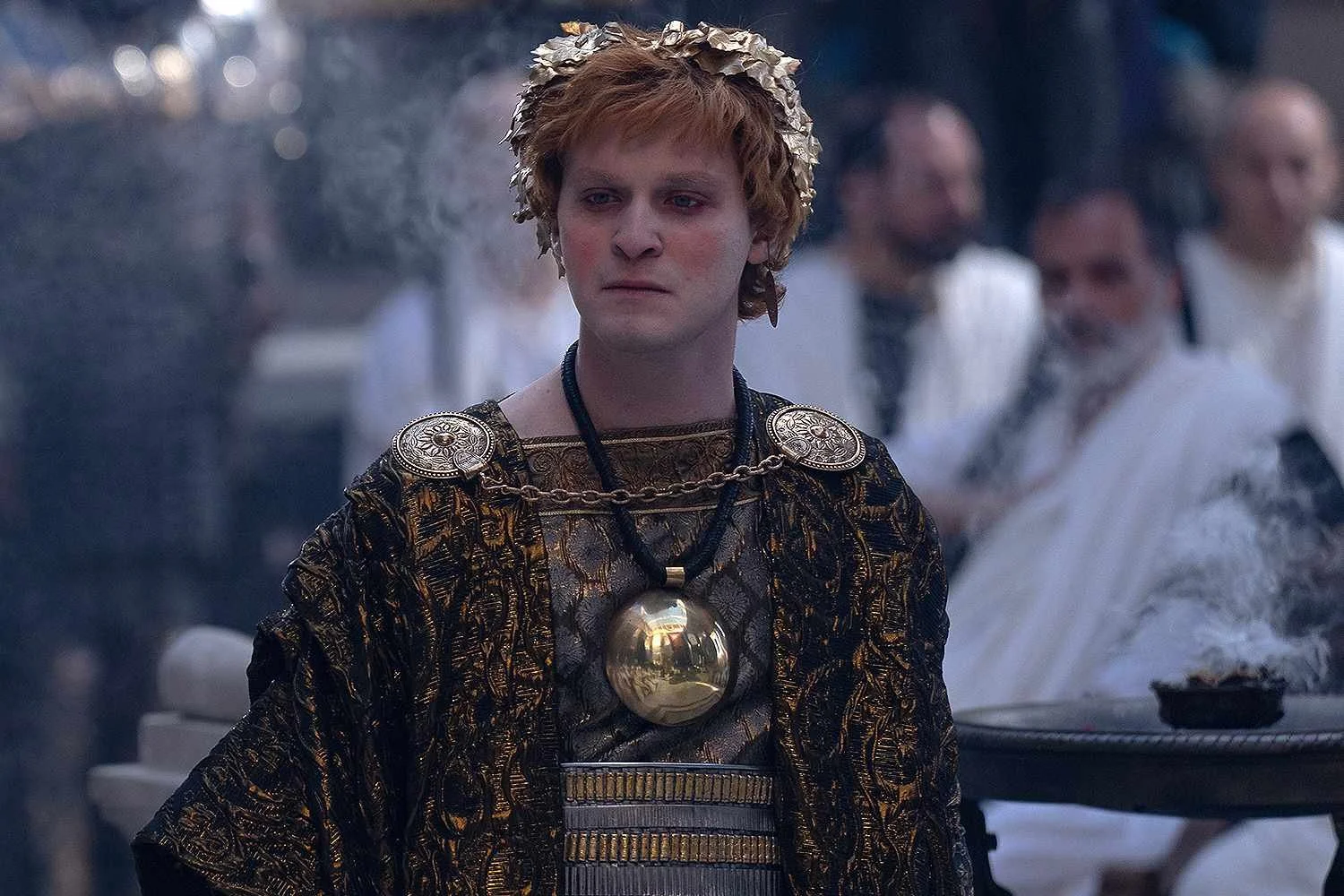
Fred Hechinger
Emperor Caracalla in Gladiator II
-

Maxwell Jenkins
Thomas in Arcadian
-

Paul Kircher
Émile in The Animal Kingdom
-

Hsiu-Fu Liu
Zijie in Pierce
-

Bryce Romero
Doug in Lisa Frankenstein
-

Tye Sheridan
Ollie Cross in Asphalt City
-

Conor Sherry
A.J. in Snack Shack
-
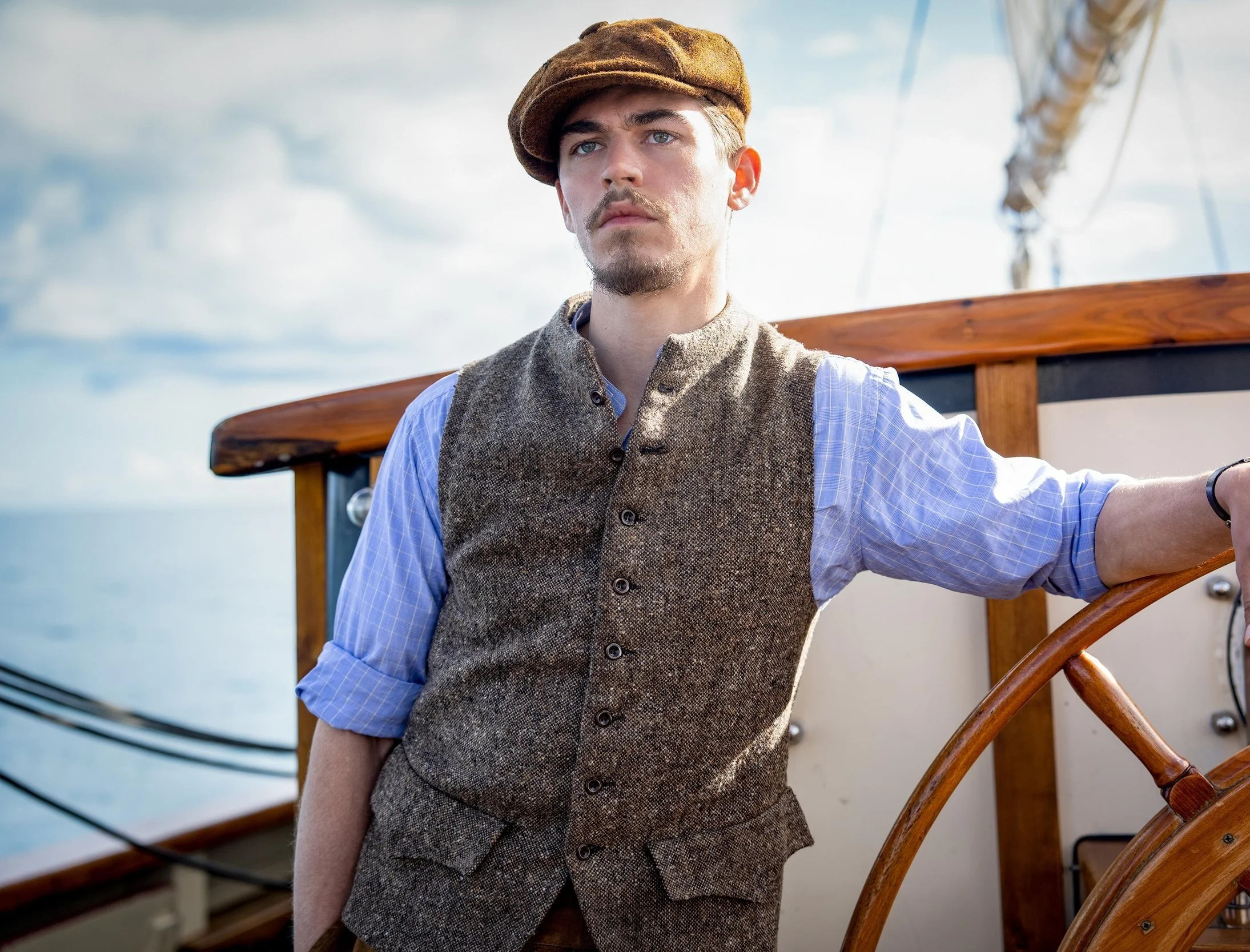
Hero Fiennes Tiffin
Henry Hayes in The Ministry of Ungentlemanly Warfare
Favorite First Watches
-

🥇 The Toilers and the Wayfarers (1997)
dir. Keith Froelich
-
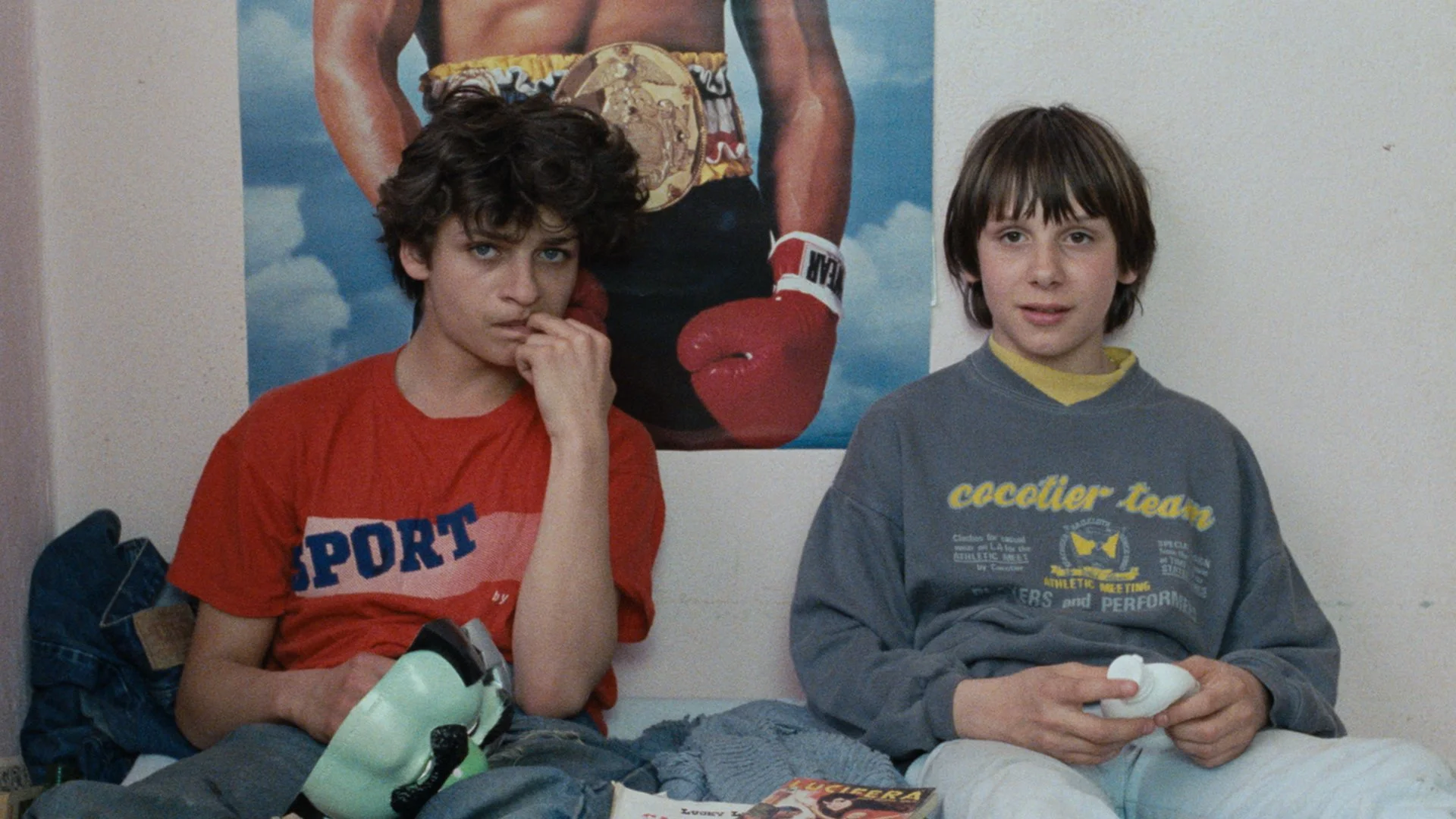
🥈 Sound and Fury (1988)
dir. Jean-Claude Brisseau
-
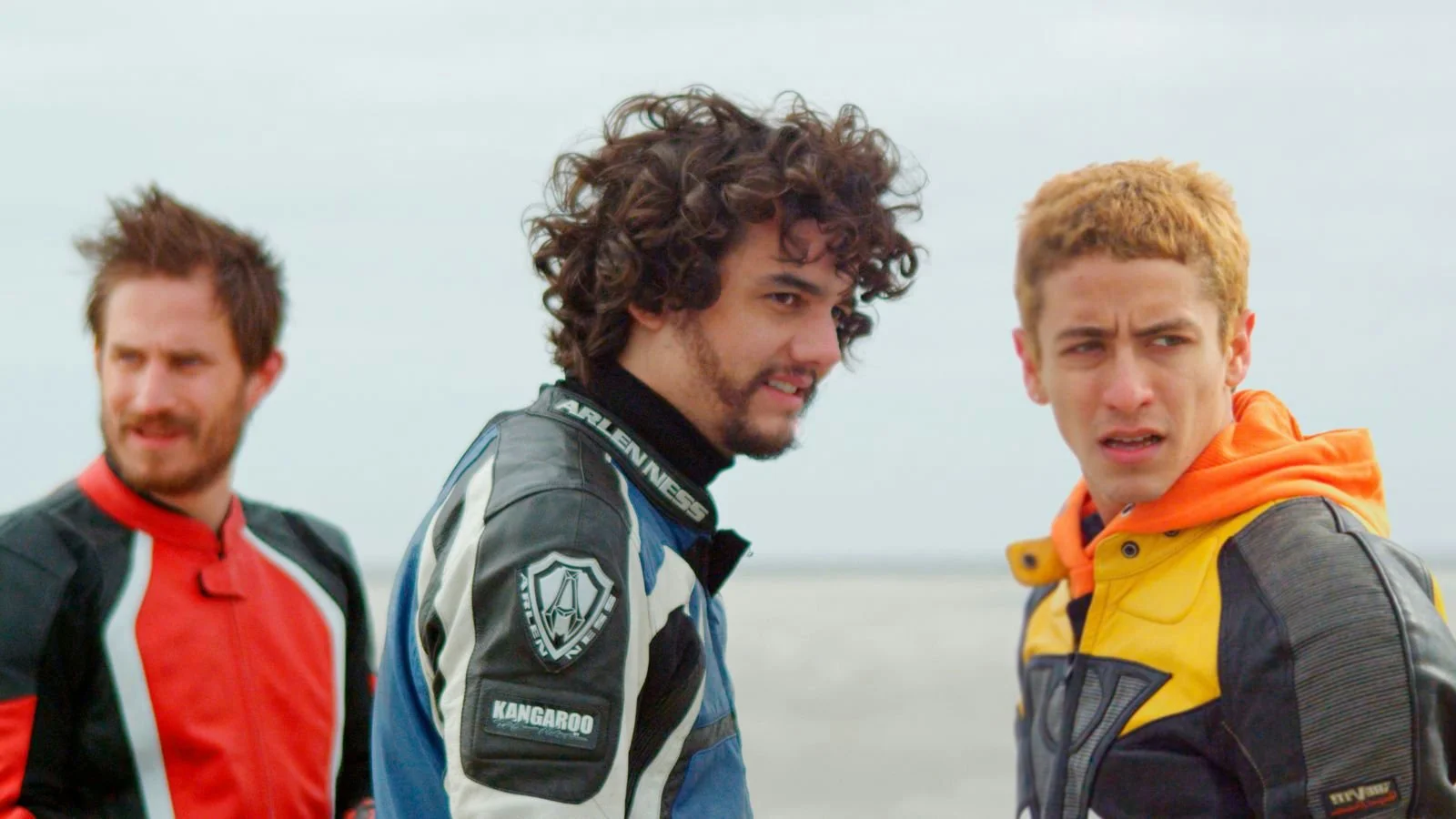
🥉 Futuro Beach (2014)
dir. Karim Aïnouz
-
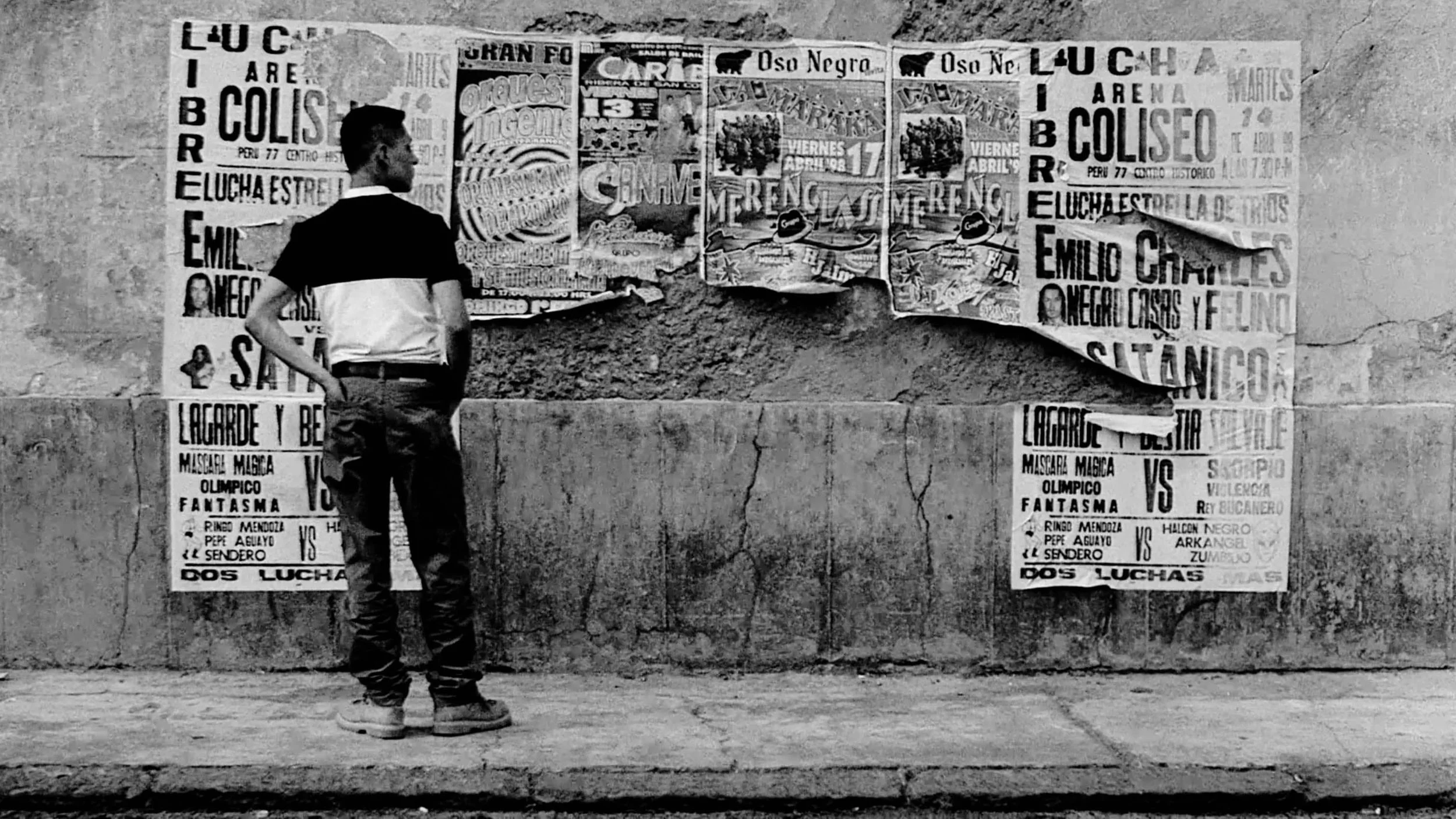
A Thousand Clouds of Peace (2003)
dir. Julián Hernández
-

The Strangler (1970)
dir. Paul Vecchiali
-

Dancing in the Dust (2003)
dir. Asghar Farhadi
-
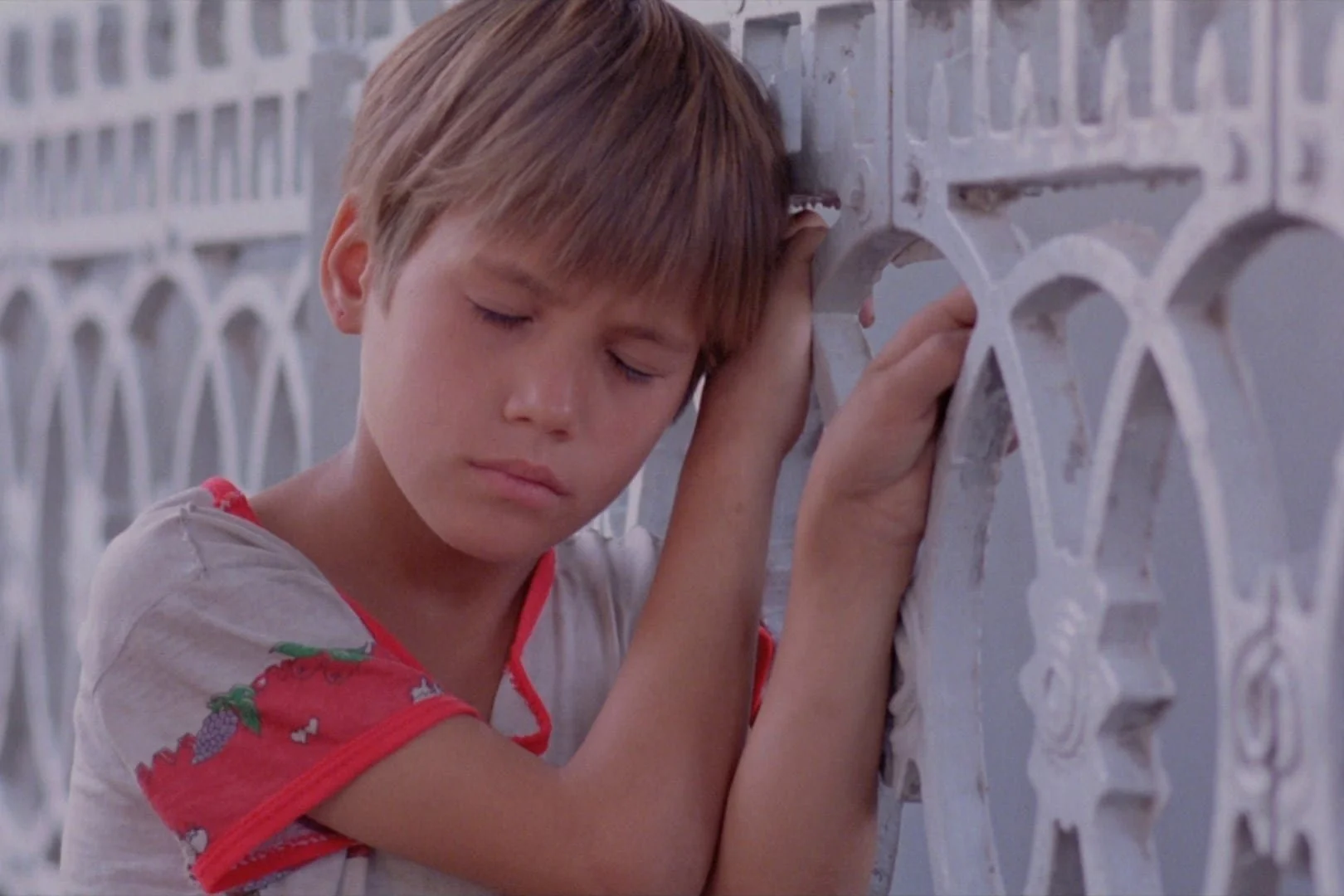
The Silence (1998)
dir. Mohsen Makhmalbaf
-

Valley of Love (2015)
dir. Guillaume Nicloux
-

Gerry (2002)
dir. Gus Van Sant
-
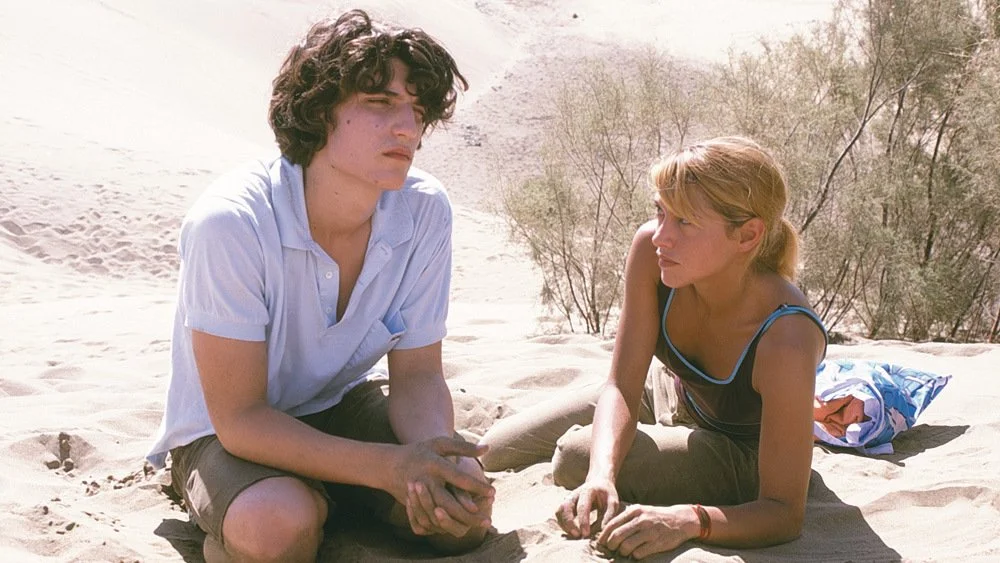
Ma Mère (2004)
dir. Christophe Honoré


